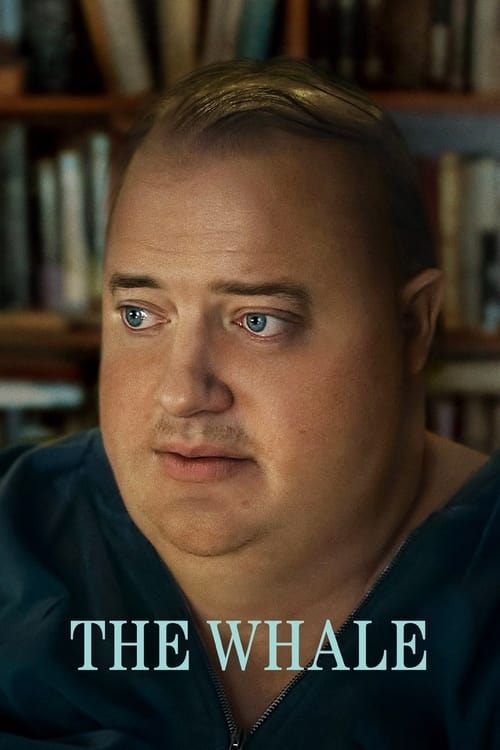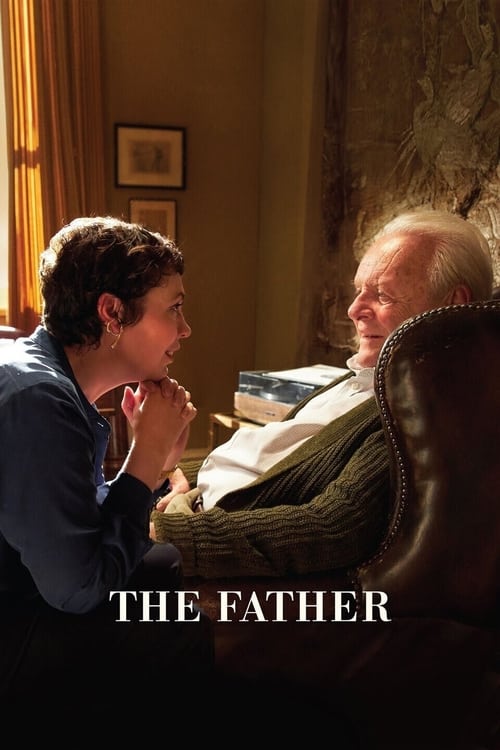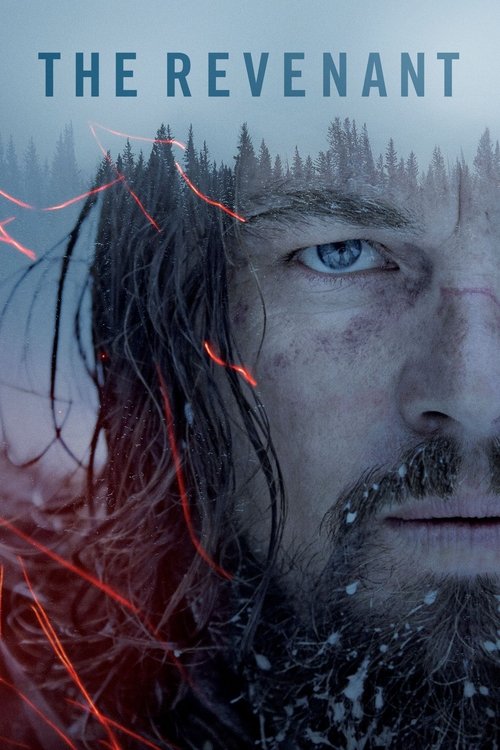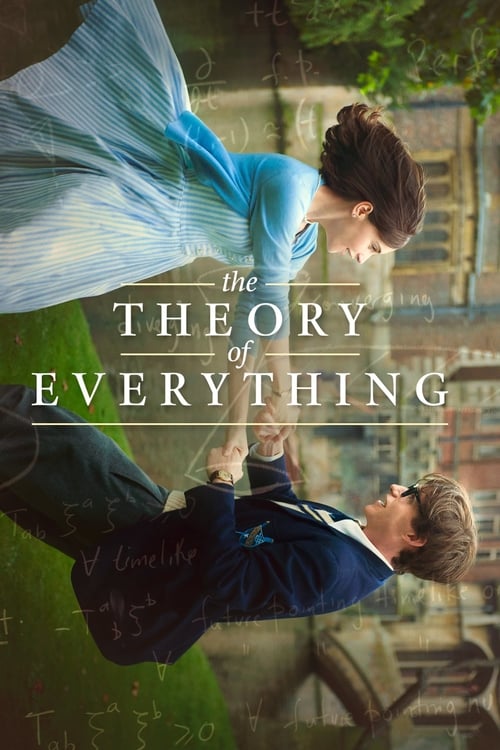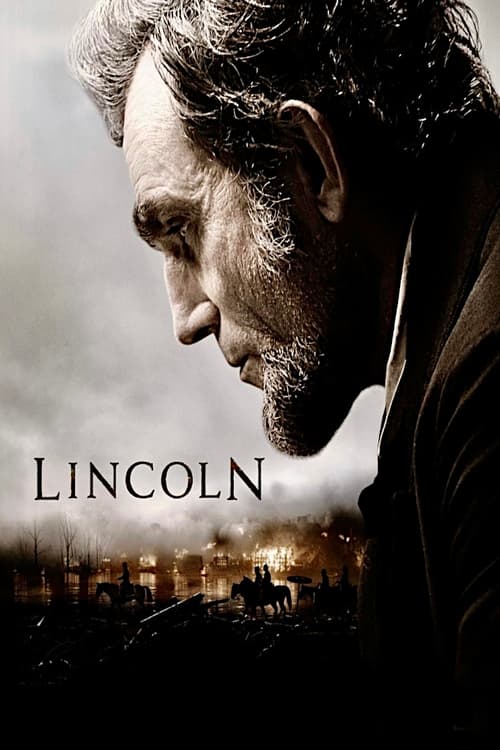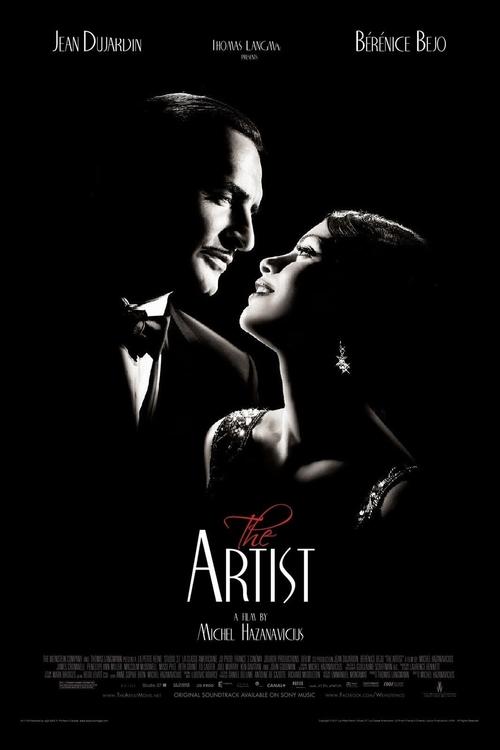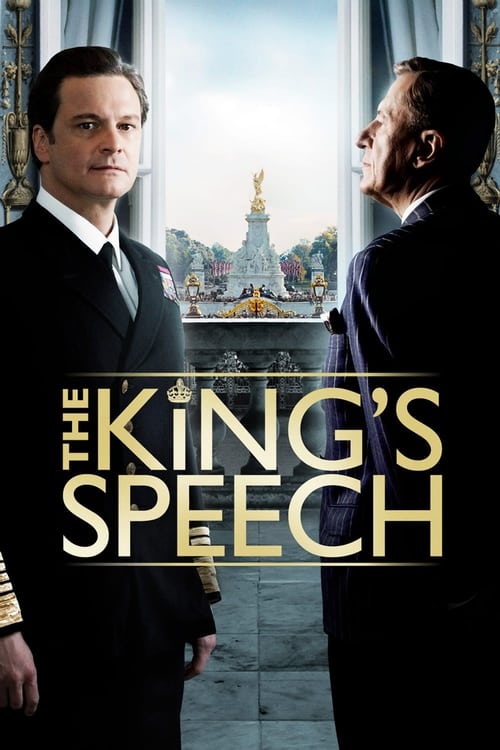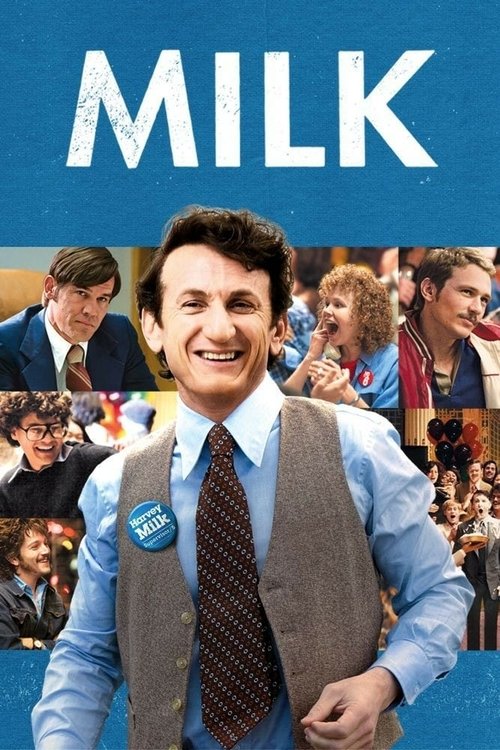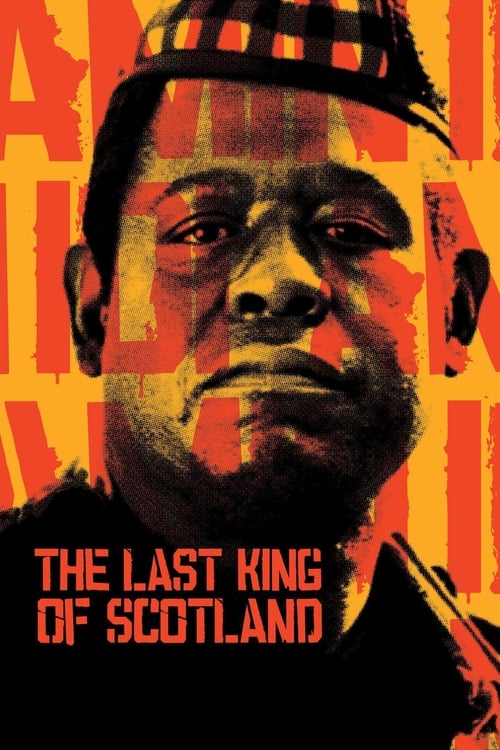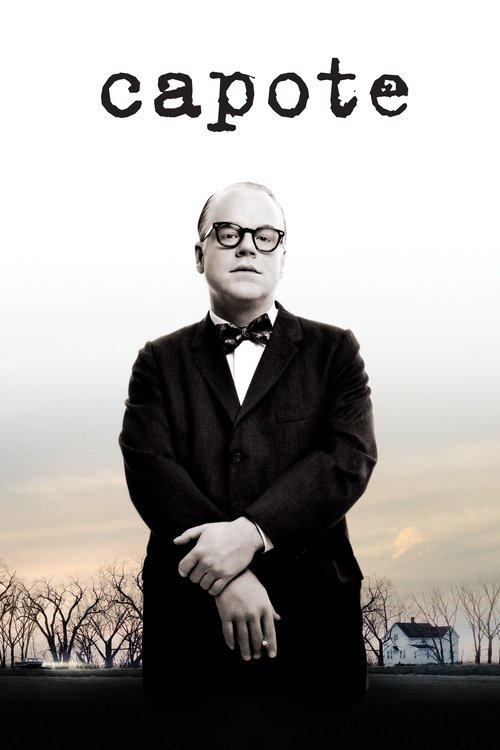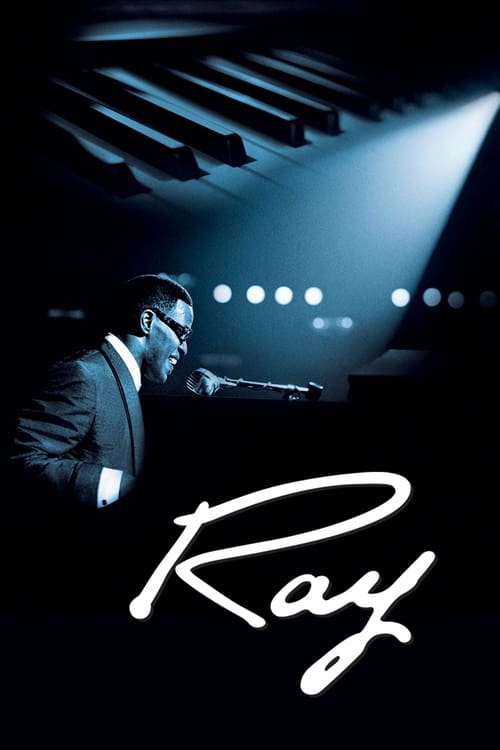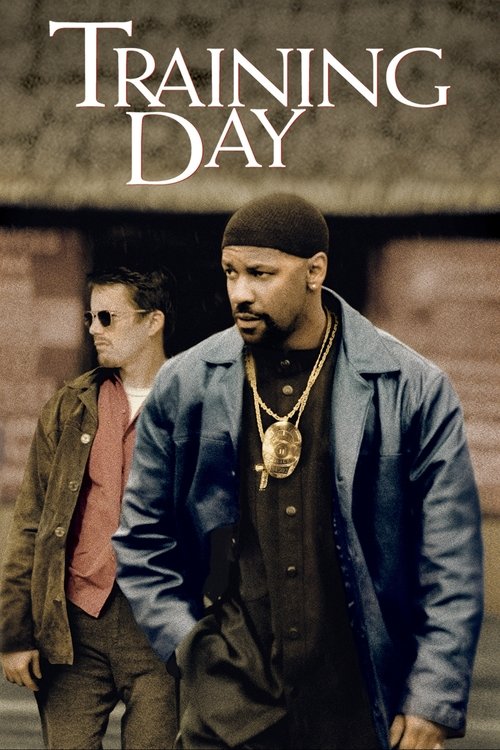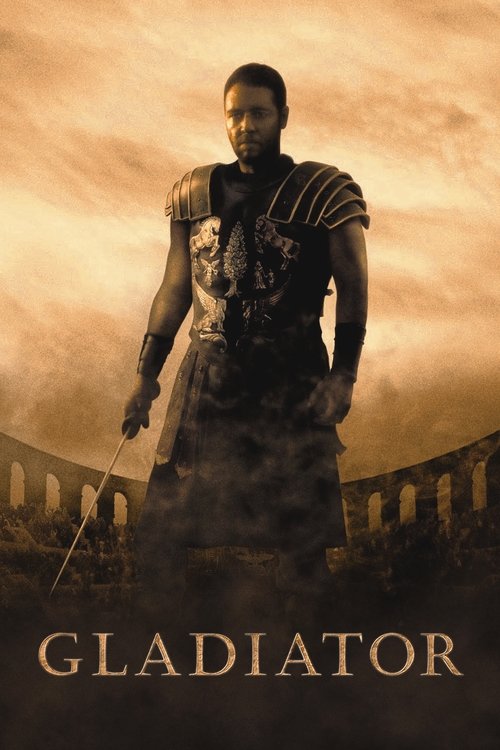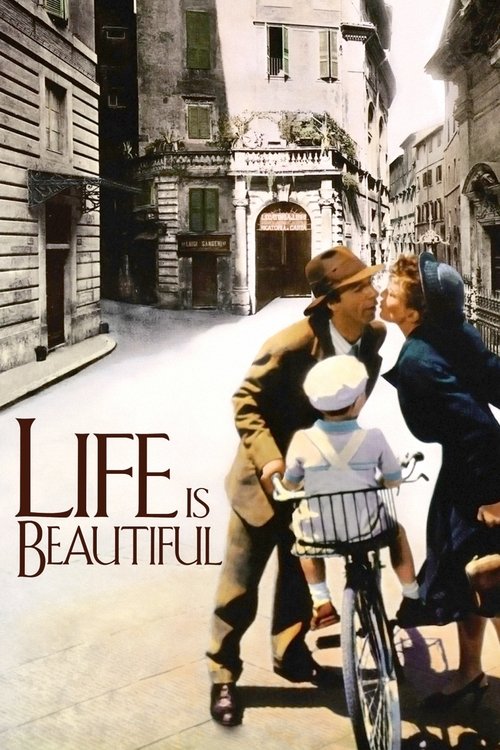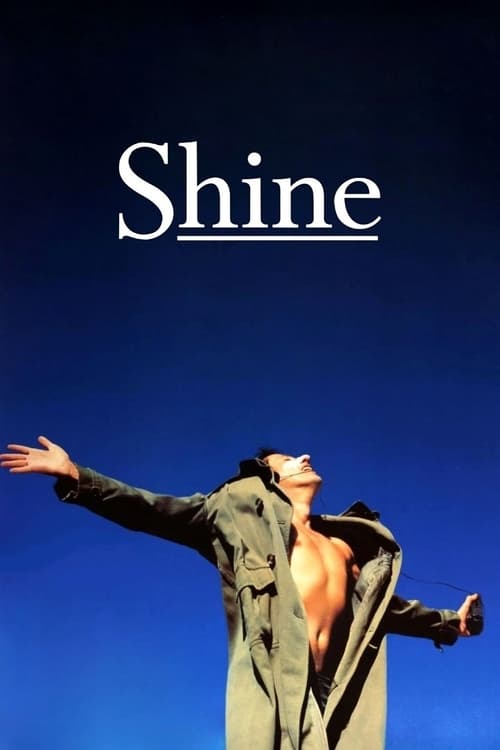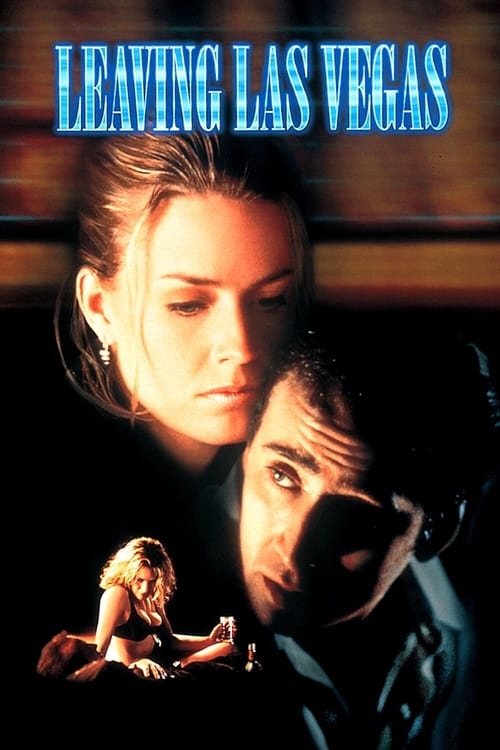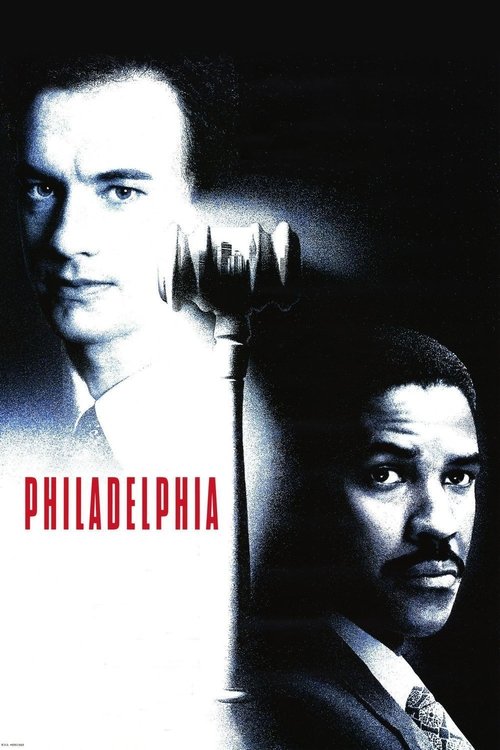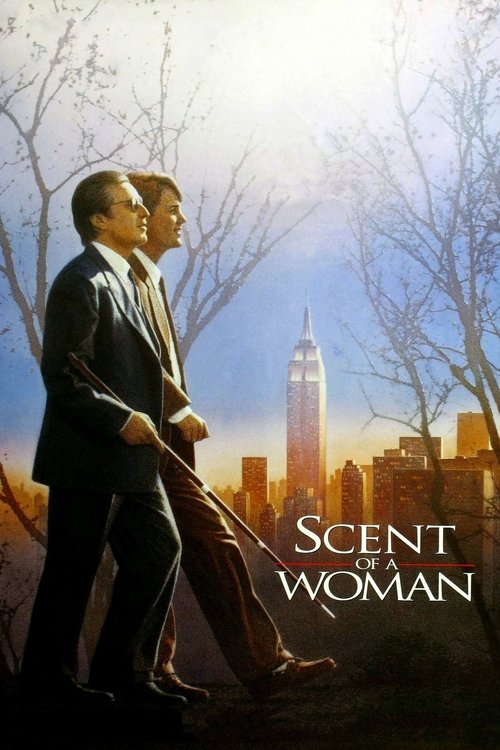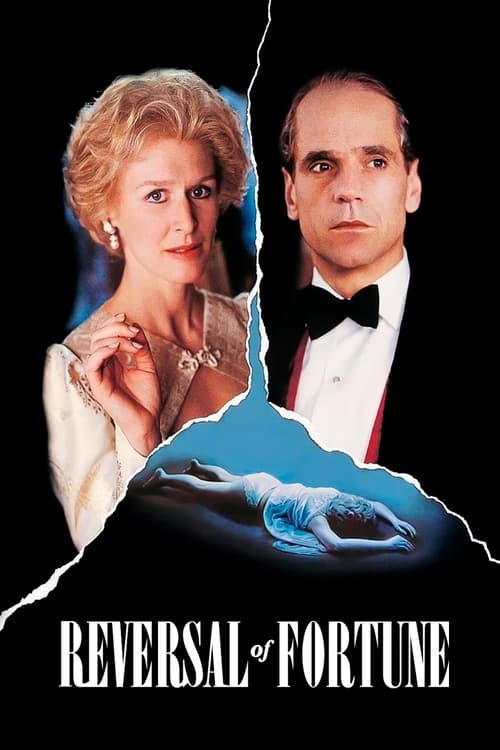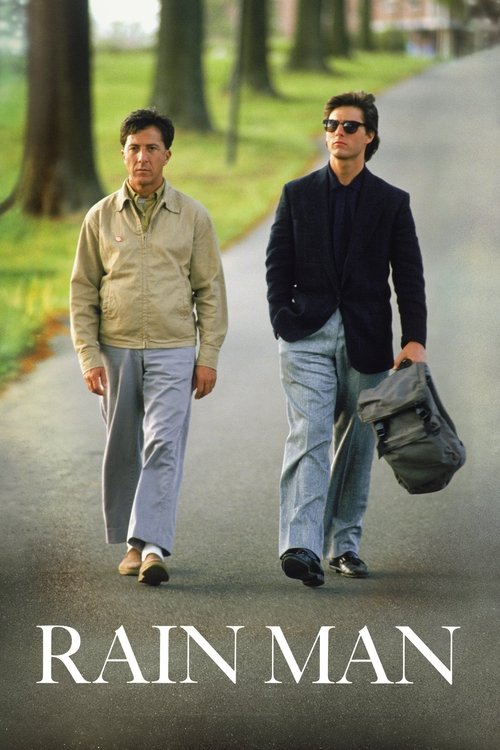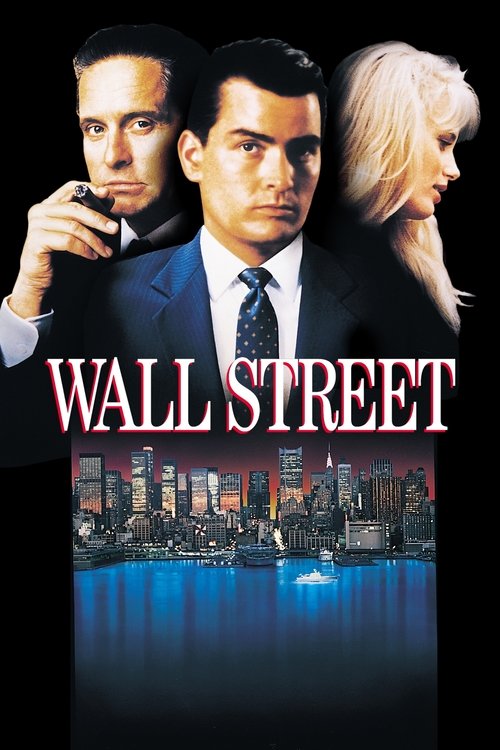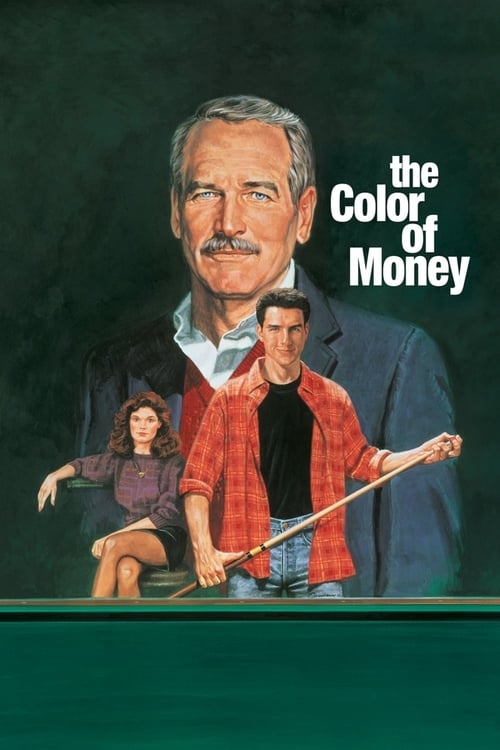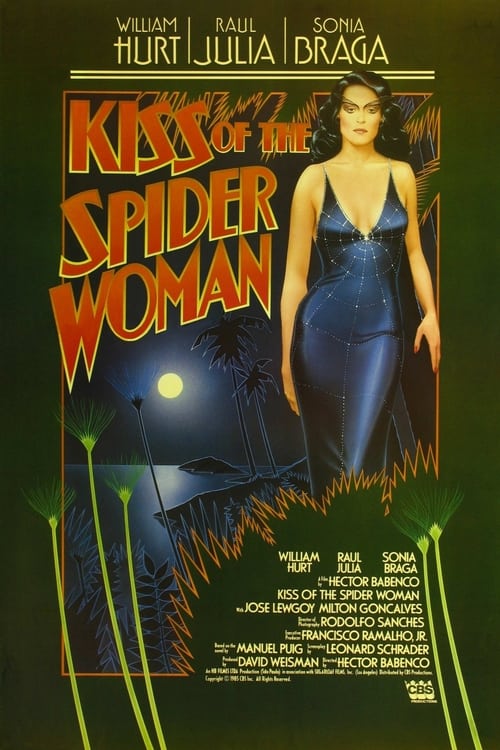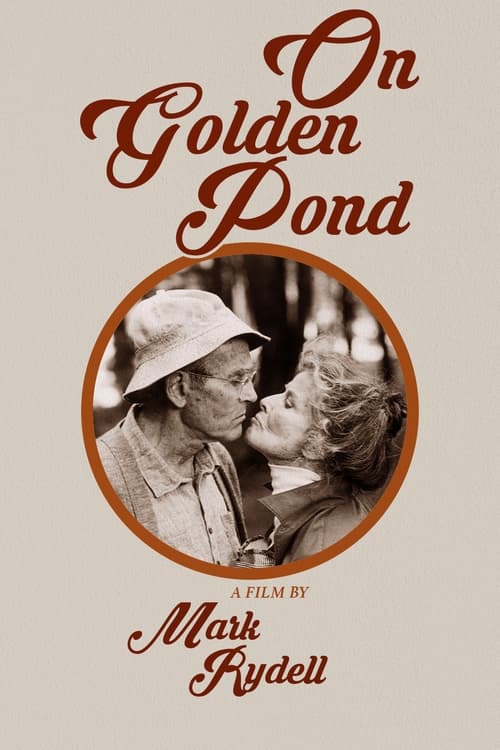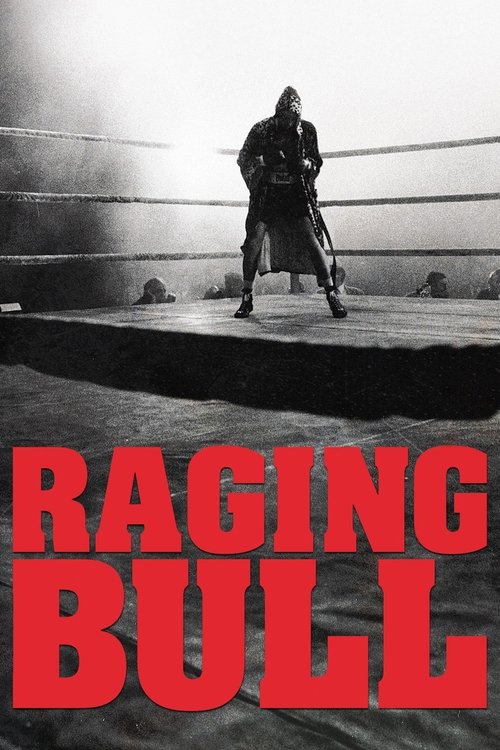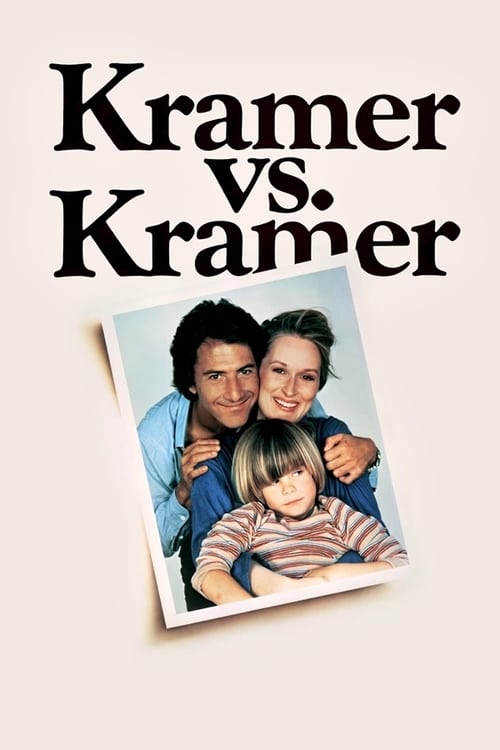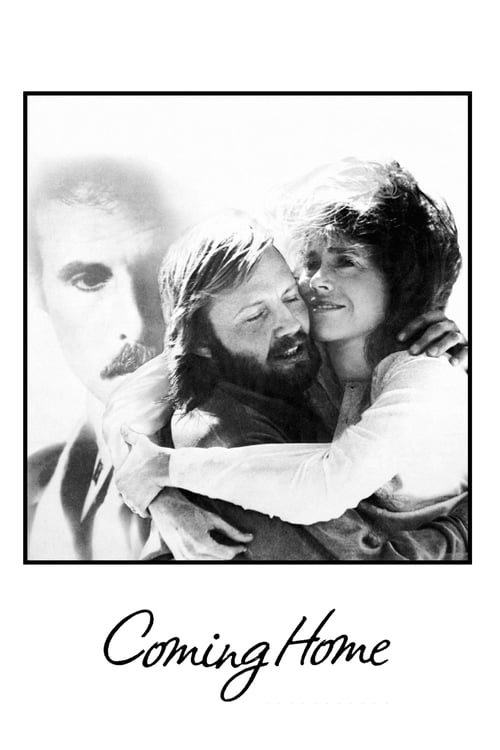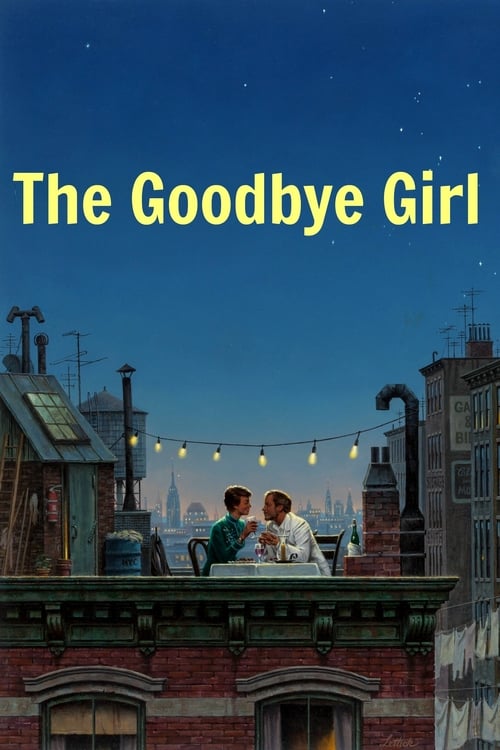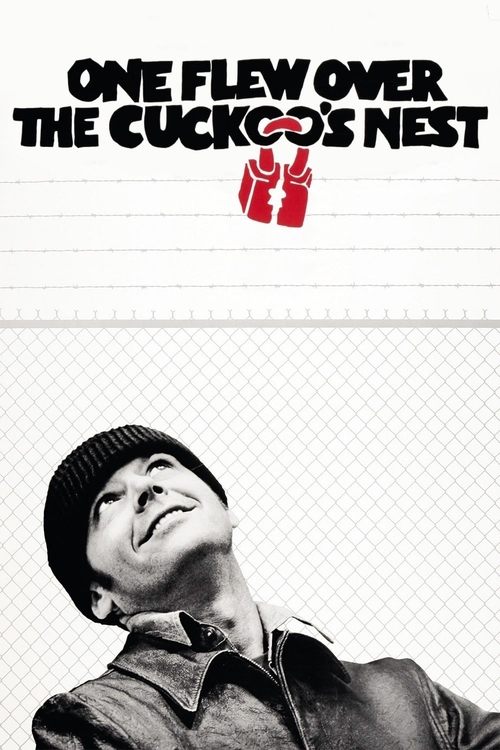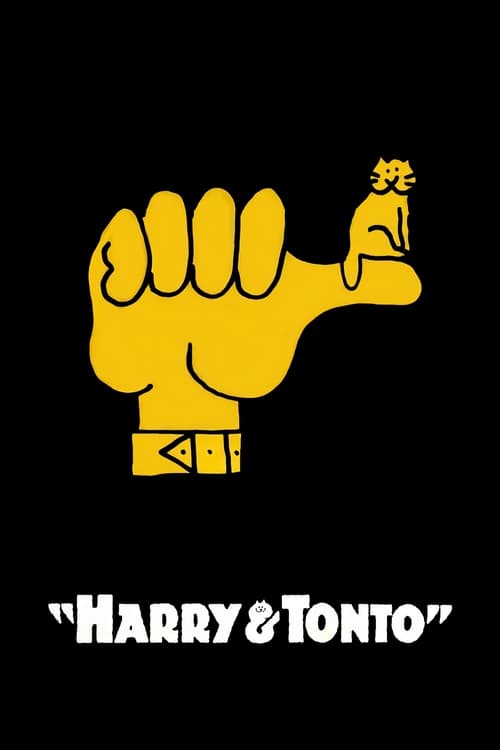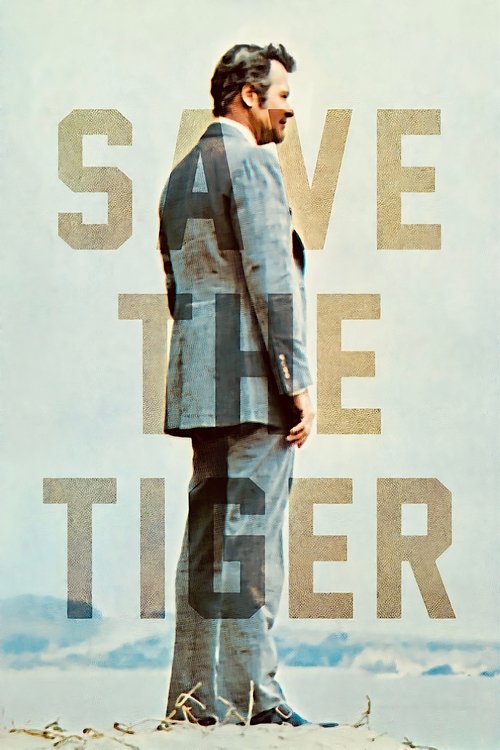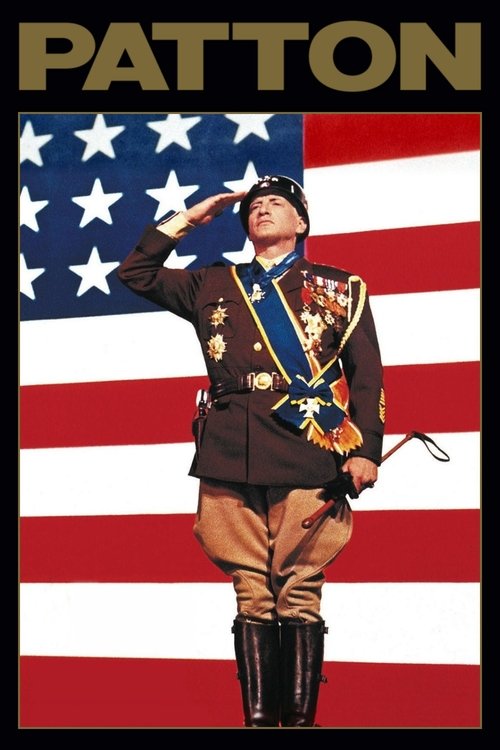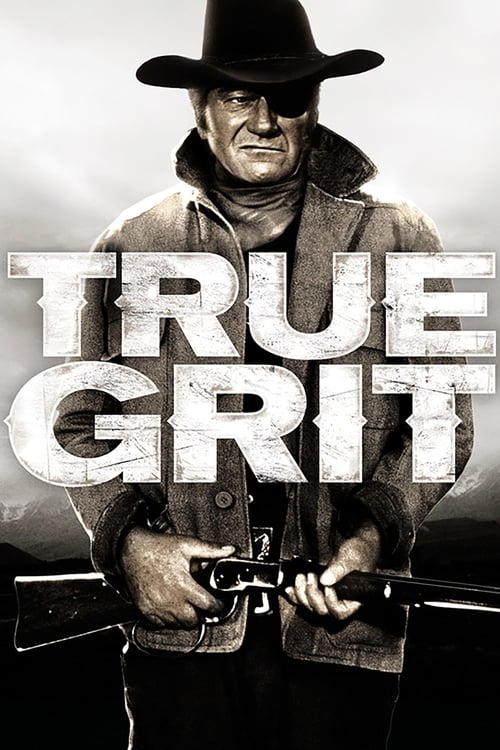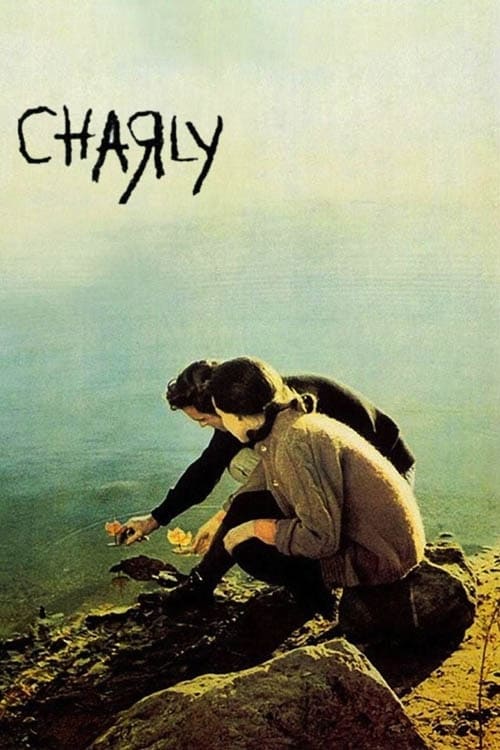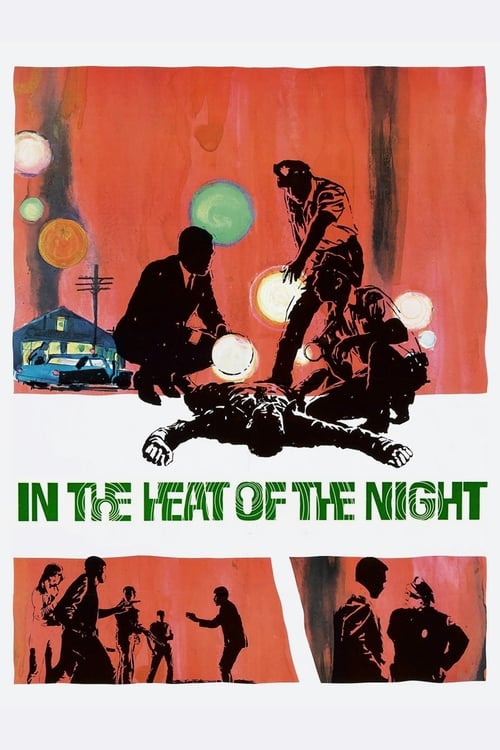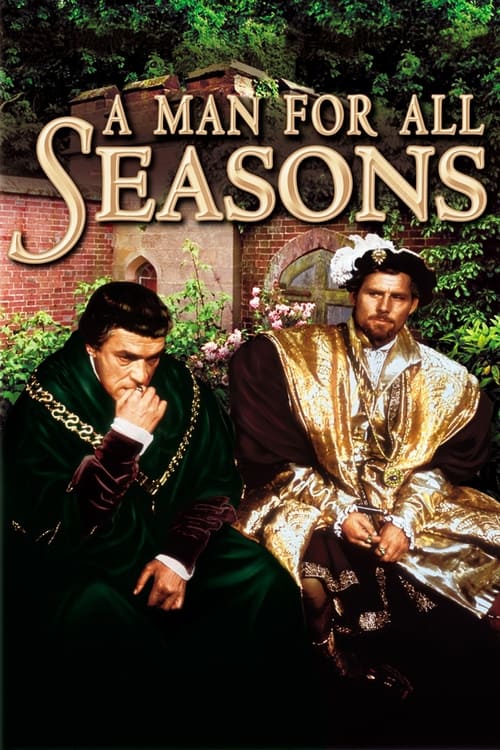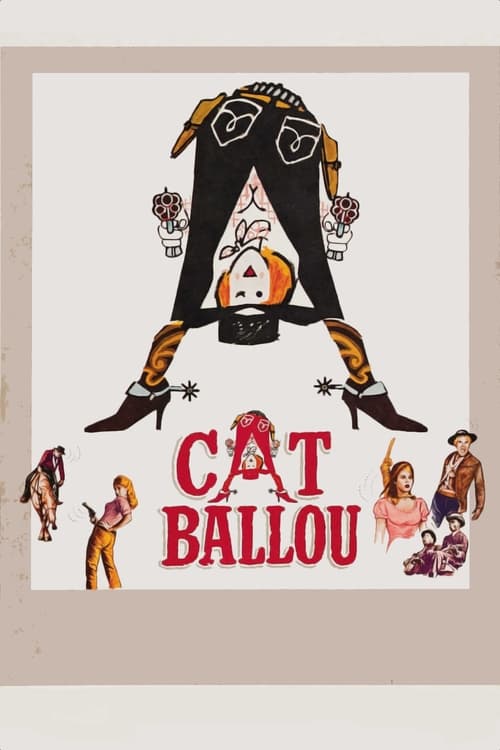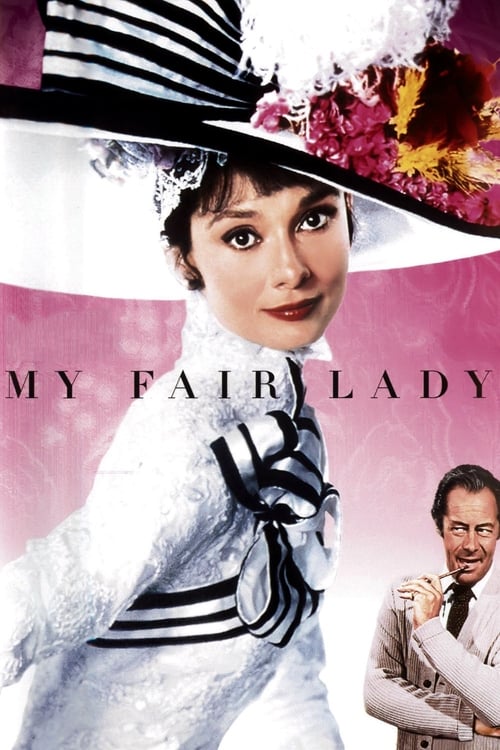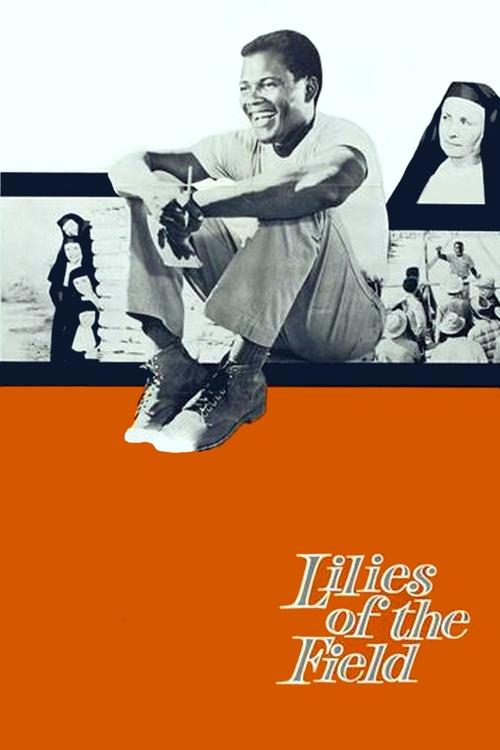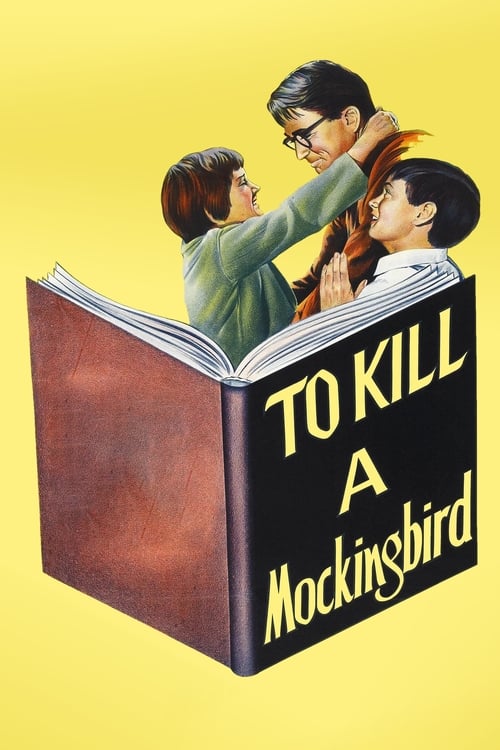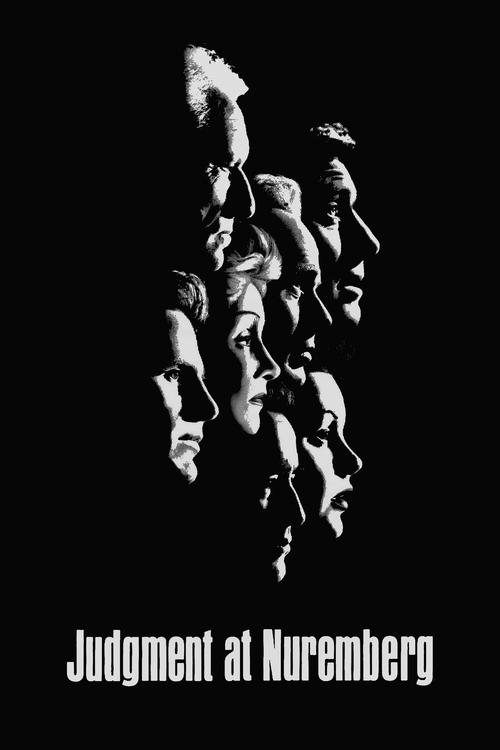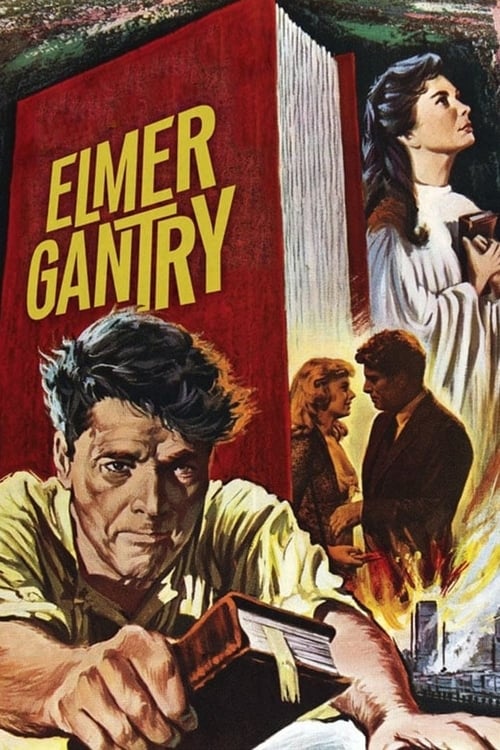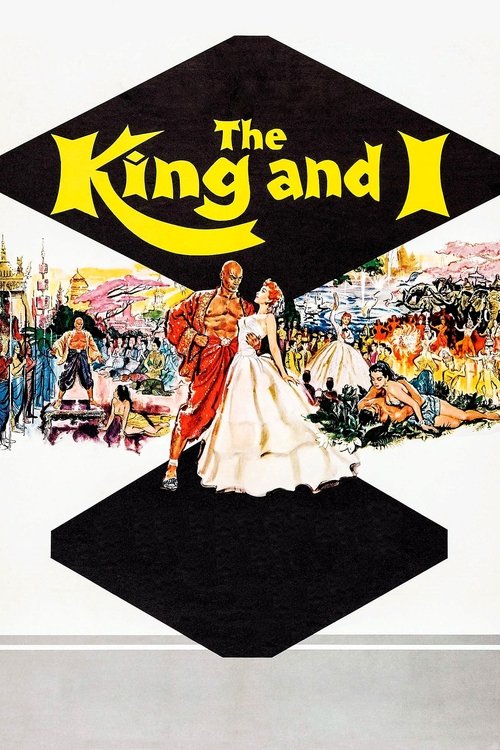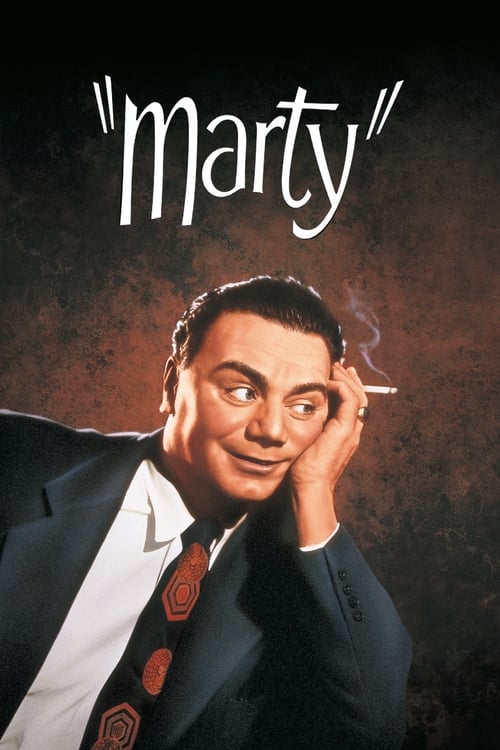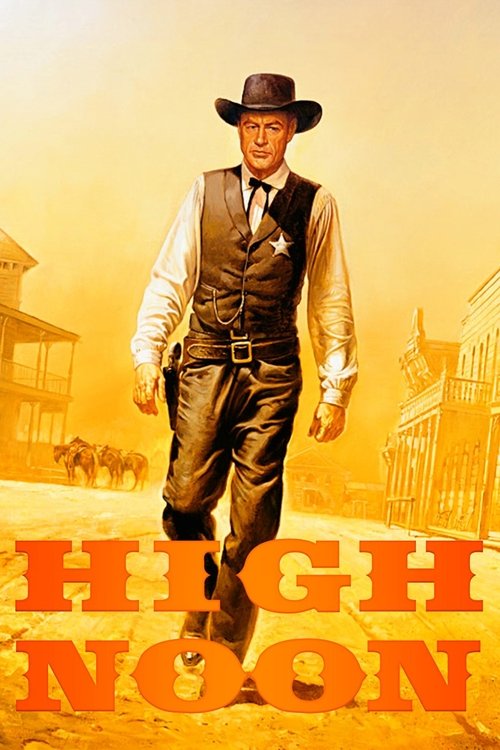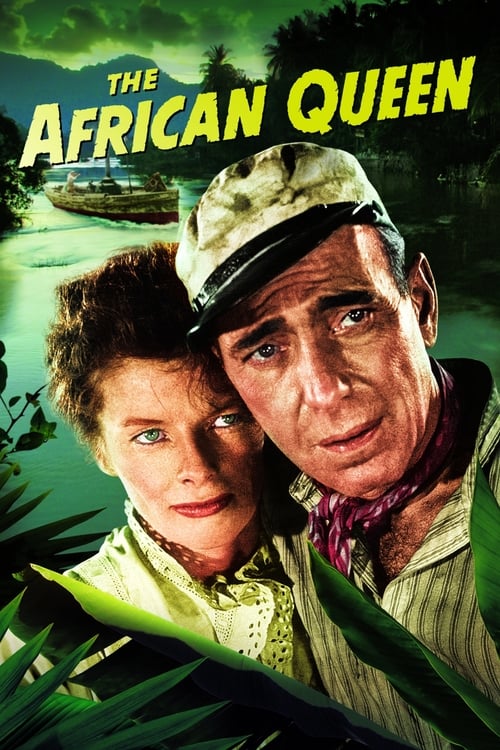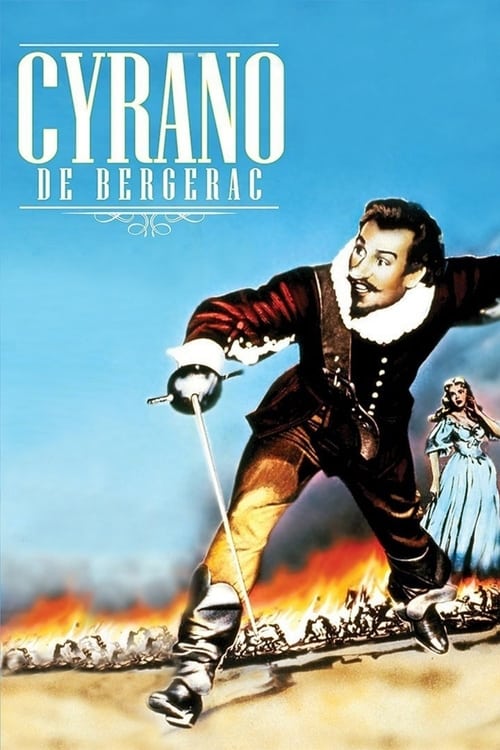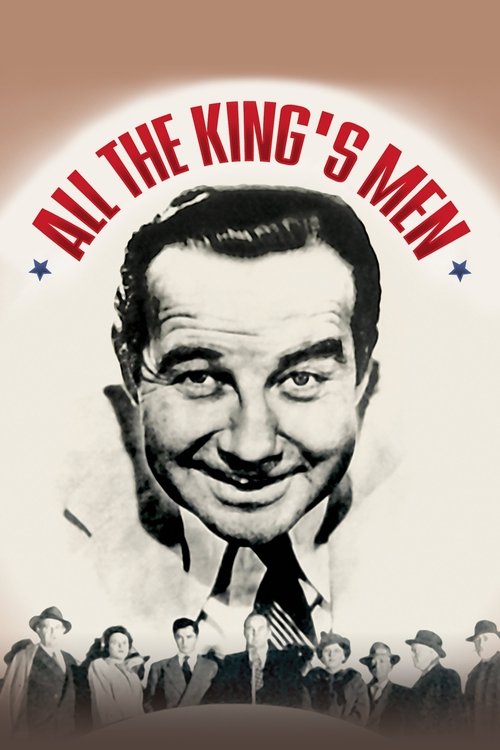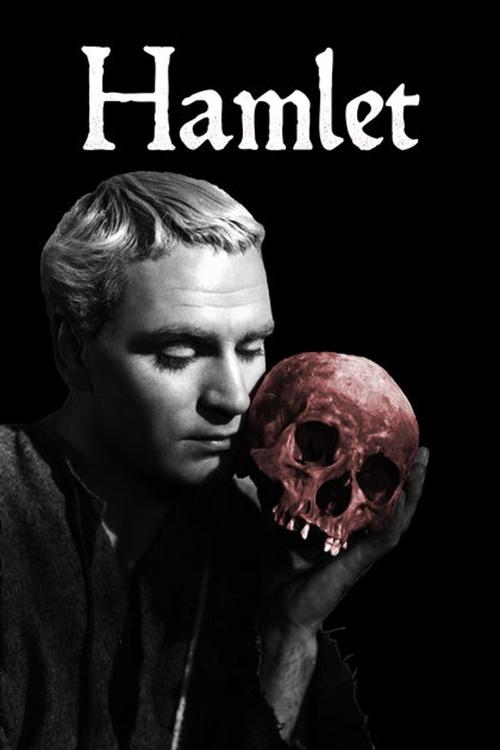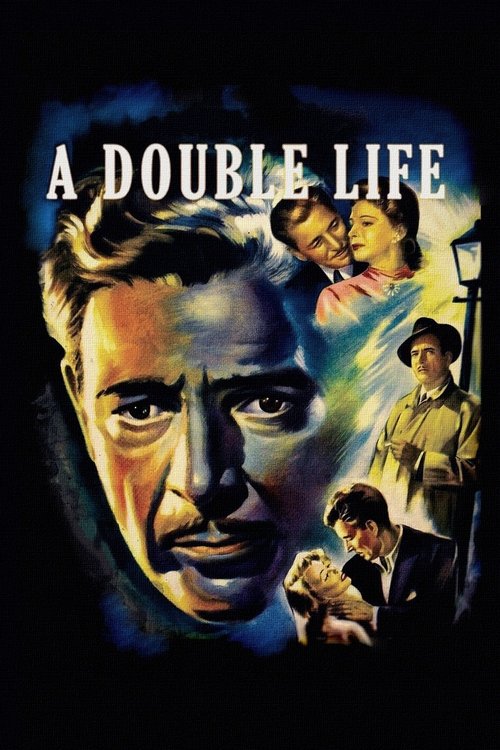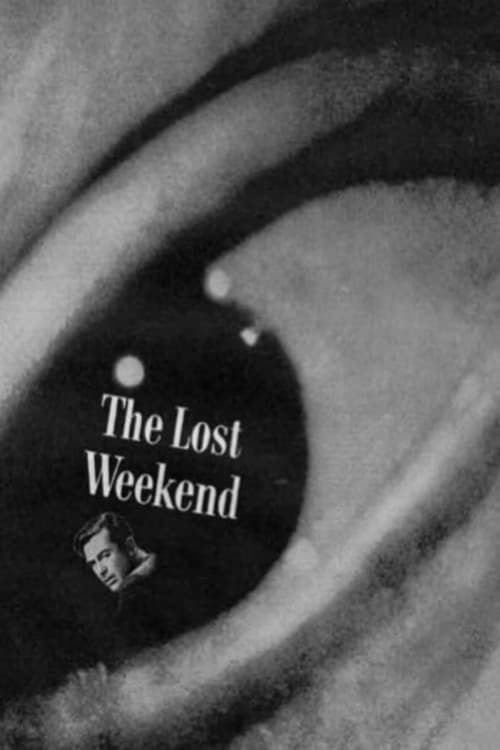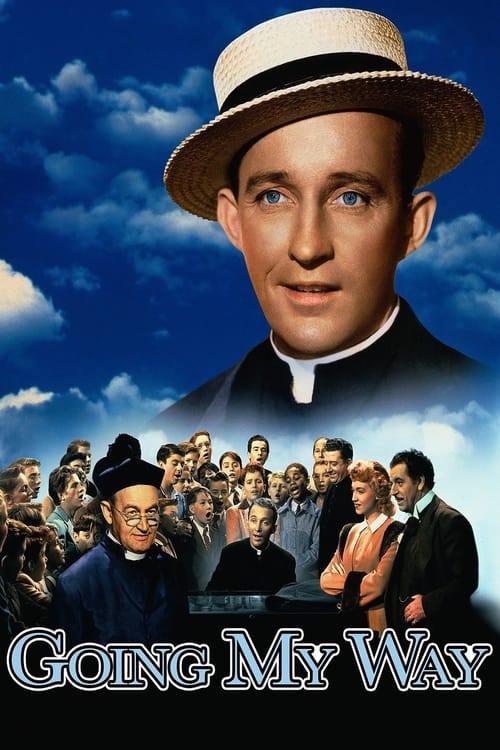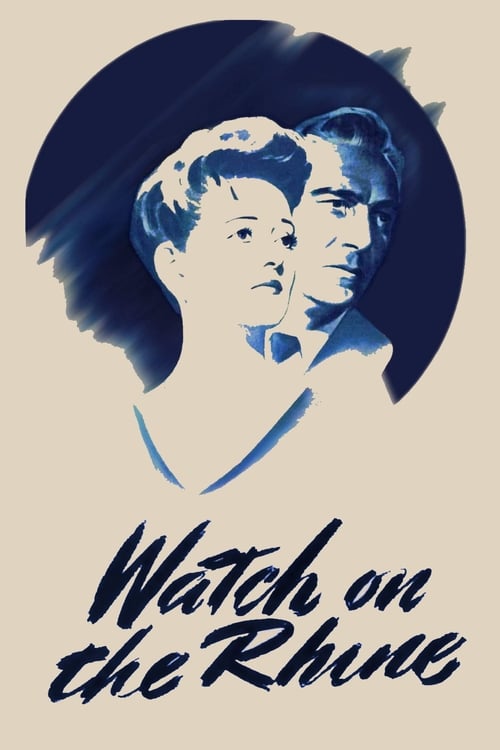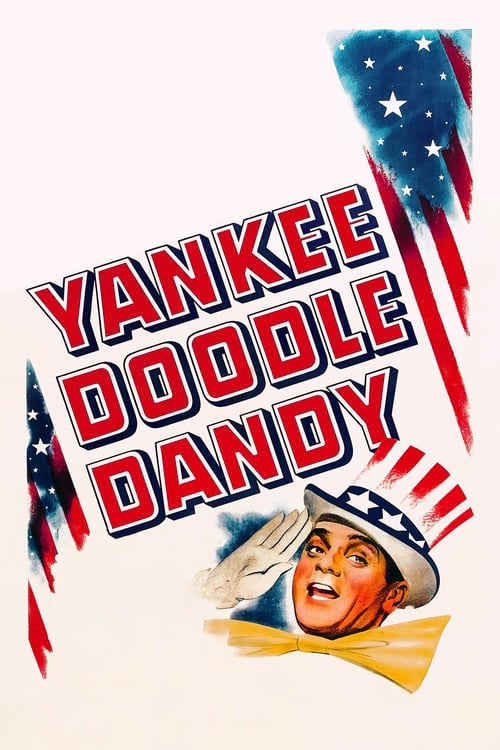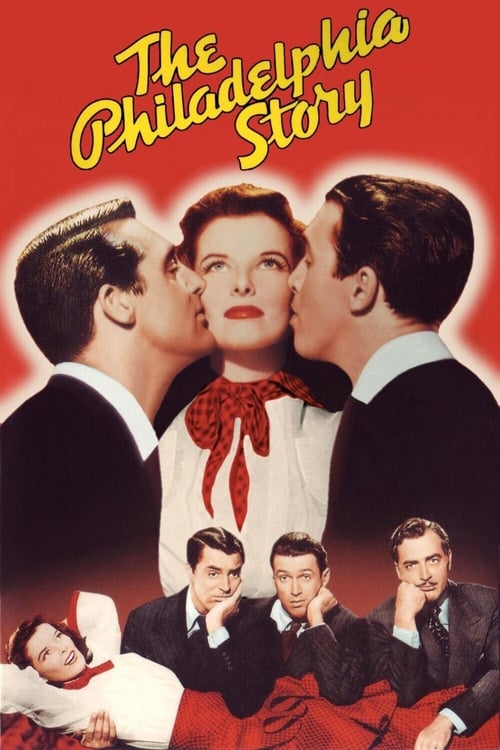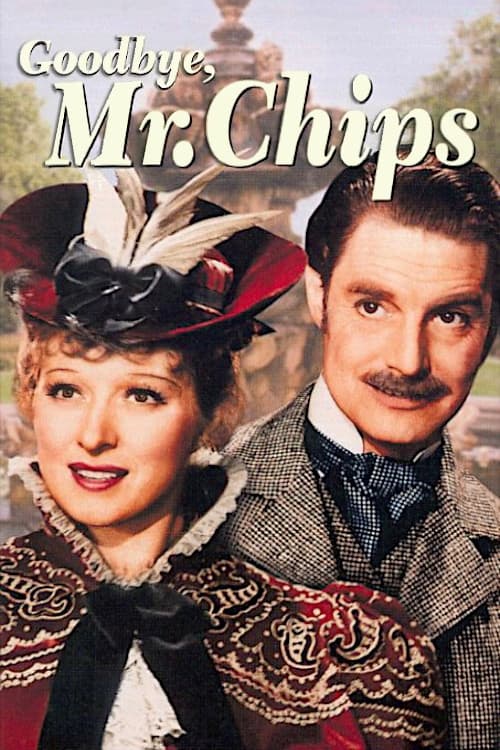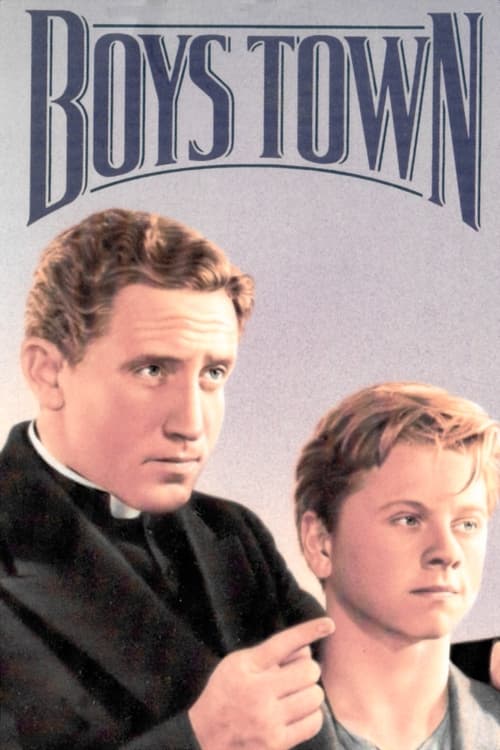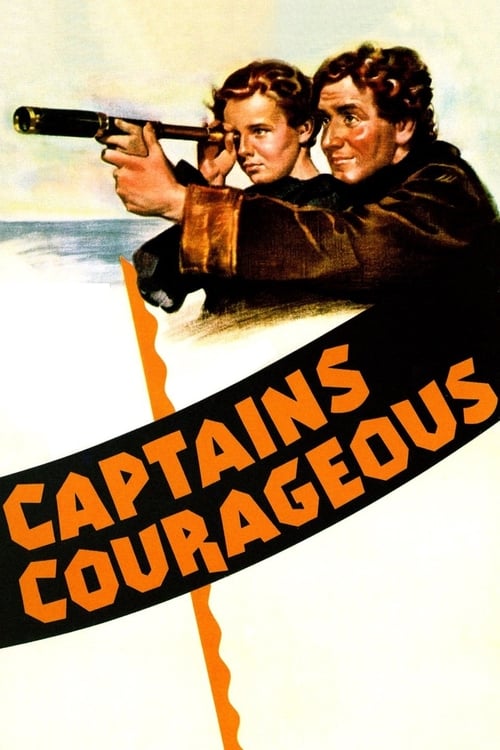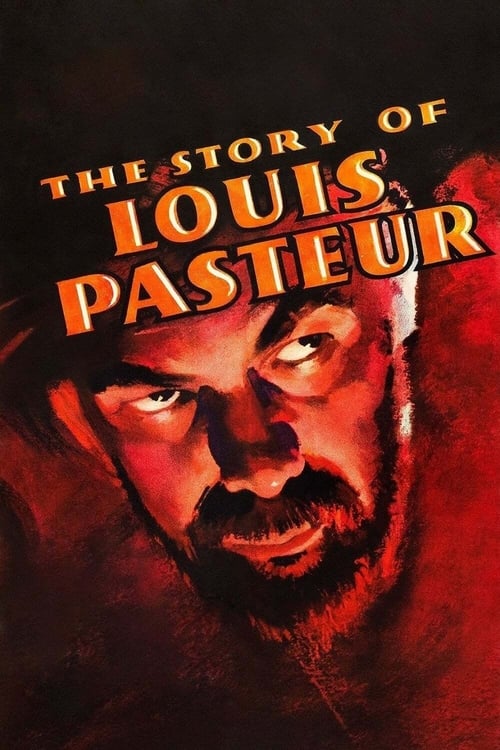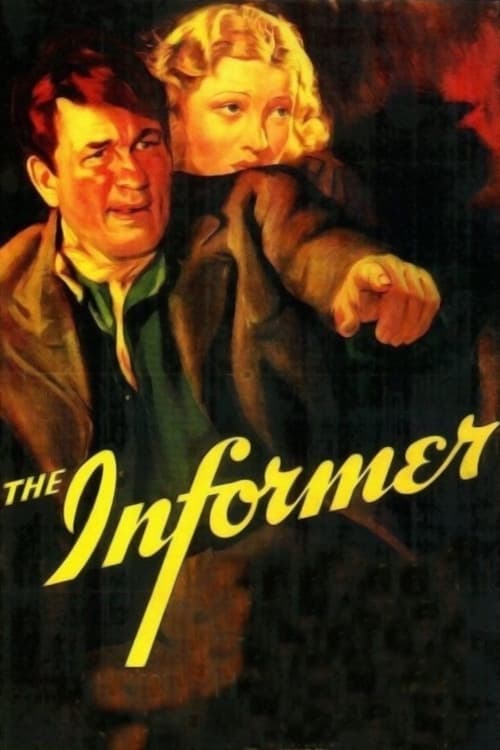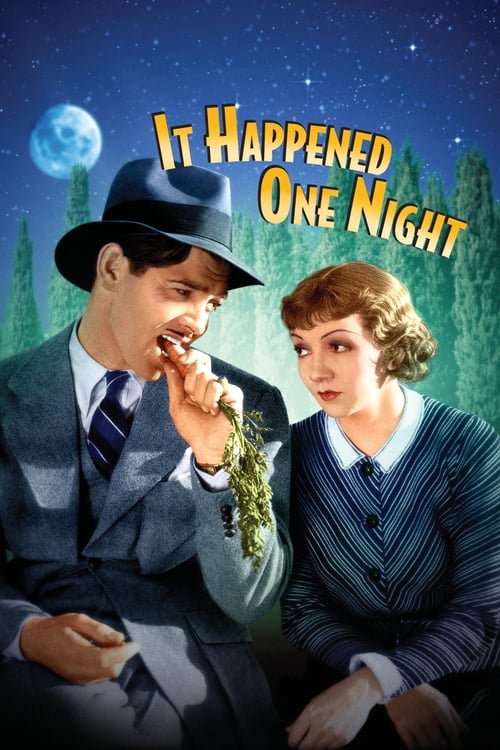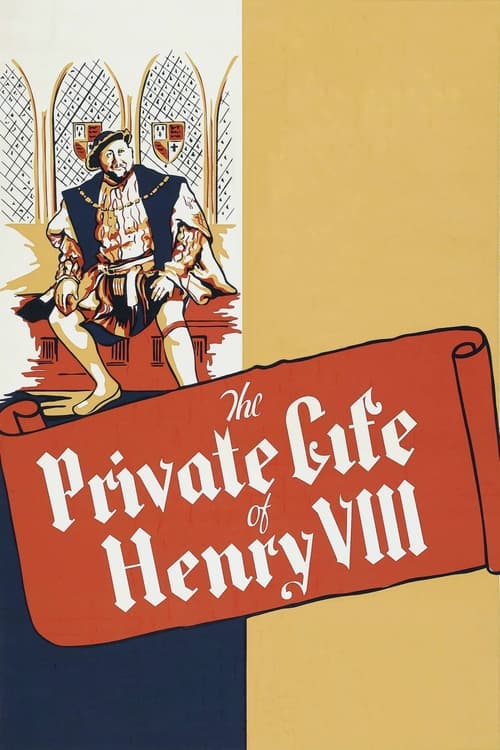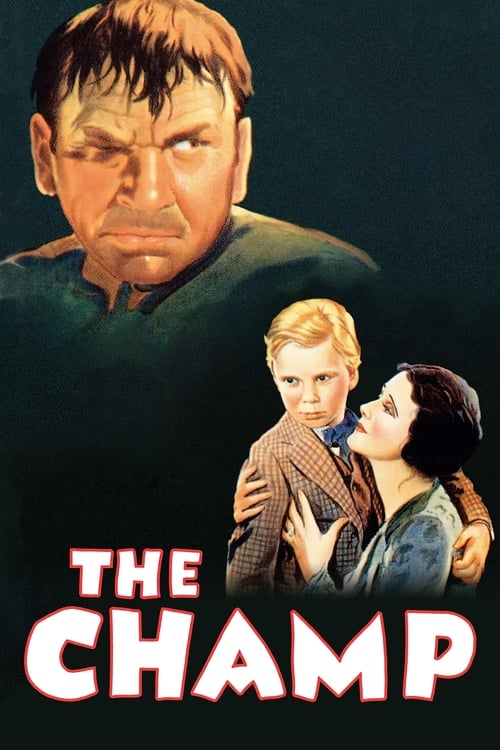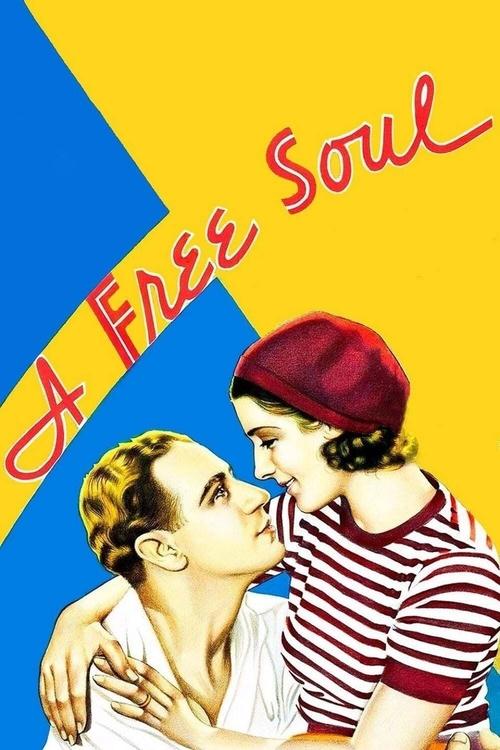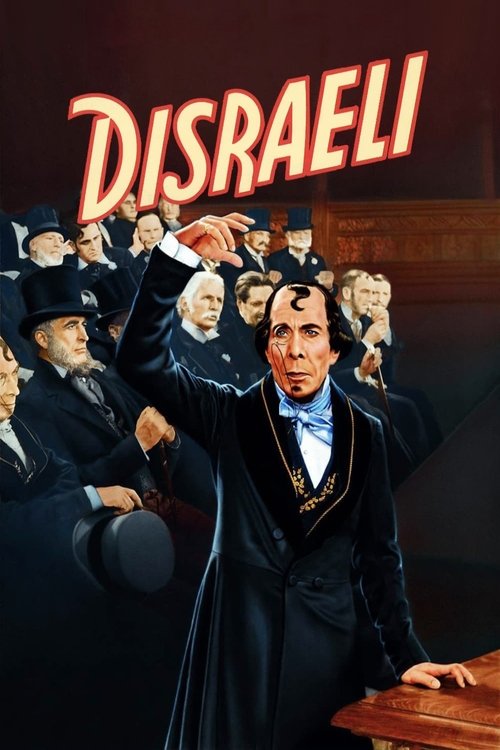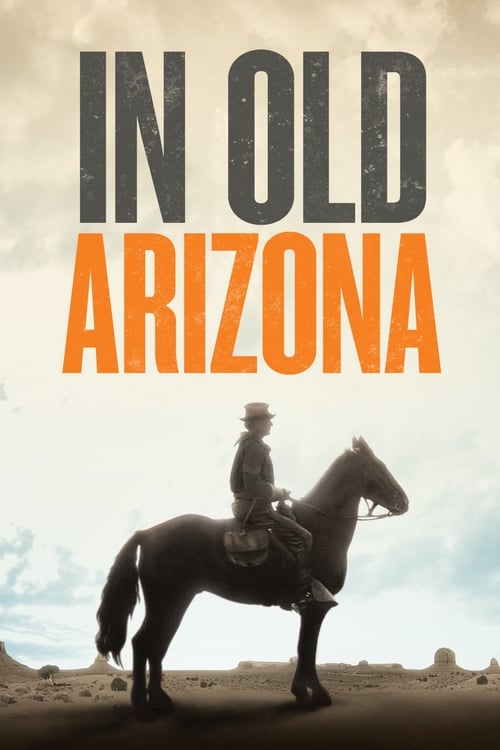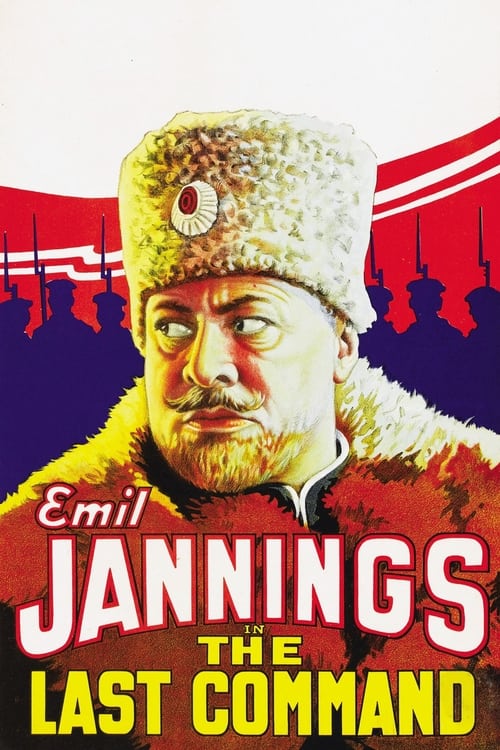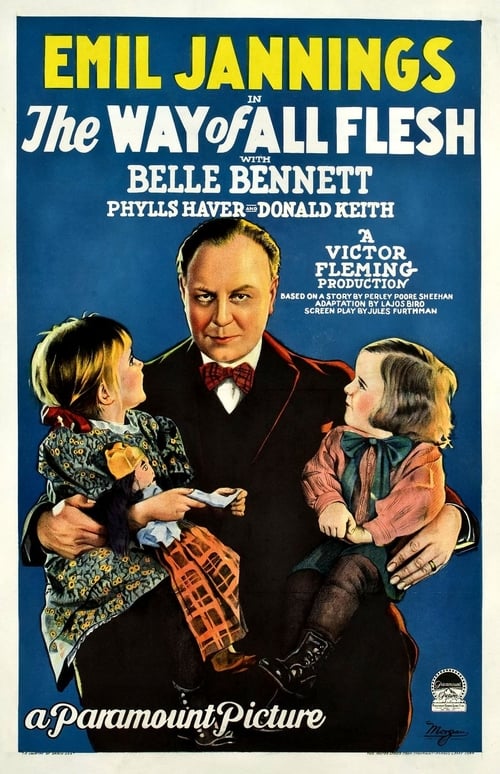How to Stream Every ‘Best Actor’-Winning Movie in Academy Awards History
How to Stream Every ‘Best Actor’-Winning Movie in Academy Awards History
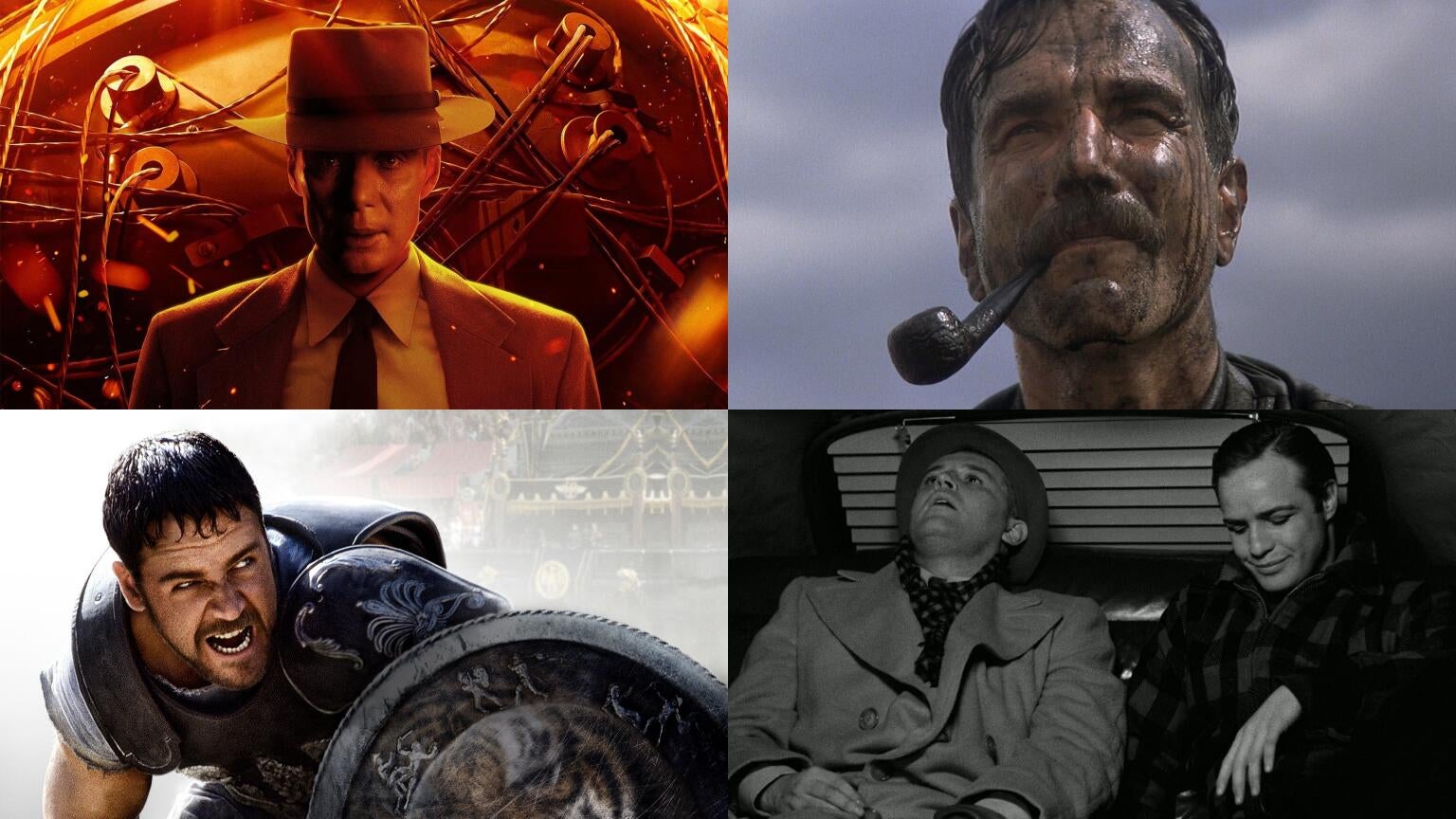
Ready for a masterclass in acting? No matter which streaming service you subscribe to, you’re sure to have access to some incredible performances honored by the Academy of Motion Picture Arts and Sciences. We’ve compiled a list of all the winners of the “Best Actor” Oscar and where you can watch them today.
So fire up your favorite streamer or start a trial of a new service and get ready to fall in love with the movies all over again.
How to Watch Every Best Actor Winner Online
2020s
-
Oppenheimer
July 19, 2023The story of J. Robert Oppenheimer’s role in the development of the atomic bomb during World War II.
This Christopher Nolan epic won seven Academy Awards: Best Picture, Best Director, Best Actor (Cillian Murphy), Best Supporting Actor (Robert Downey Jr.), Best Film Editing, Best Cinematography, and Best Original Score.
The all-star cast also includes Emily Blunt, Matt Damon, Florence Pugh, Josh Hartnett, Casey Affleck, Rami Malek, Gary Oldman, Jack Quaid, Alden Ehrenreich, and Kenneth Branagh.
Cillian Murphy won for his role as the father of the atomic bomb, J. Robert Oppenheimer.
Loading… -
The Whale
December 9, 2022A reclusive English teacher suffering from severe obesity attempts to reconnect with his estranged teenage daughter for one last chance at redemption.
Brendan Fraser struck Oscar gold for his performance as an obese man estranged from his daughter.
Loading… -
King Richard
November 18, 2021The story of how Richard Williams served as a coach to his daughters Venus and Serena, who will soon become two of the most legendary tennis players in history.
Will Smith’s victory in this category was overshadowed by his slap of Chris Rock just moments before his win was announced.
Loading… -
The Father
December 23, 2020A man refuses all assistance from his daughter as he ages and, as he tries to make sense of his changing circumstances, he begins to doubt his loved ones, his own mind and even the fabric of his reality.
Anthony Hopkins skipped the award ceremony, but still took home the Oscar for his emotional performance in this film.
Loading… -
Joker
October 1, 2019During the 1980s, a failed stand-up comedian is driven insane and turns to a life of crime and chaos in Gotham City while becoming an infamous psychopathic crime figure.
Joaquin Phoenix’s tortured anti-hero captivated audiences and the Academy. It’s remarkable that he and Heath Ledger won Oscars for portraying variations on the same comic book character.
Loading…
2010s
-
Bohemian Rhapsody
October 24, 2018Singer Freddie Mercury, guitarist Brian May, drummer Roger Taylor and bass guitarist John Deacon take the music world by storm when they form the rock ‘n’ roll band Queen in 1970. Hit songs become instant classics. When Mercury’s increasingly wild lifestyle starts to spiral out of control, Queen soon faces its greatest challenge yet – finding a way to keep the band together amid the success and excess.
The film itself endures a lot of criticism, but most people agree Rami Malek offered a standout performance as singer Freddie Mercury.
Loading… -
Darkest Hour
November 22, 2017In May 1940, the fate of World War II hangs on Winston Churchill, who must decide whether to negotiate with Adolf Hitler or fight on knowing that it could mean the end of the British Empire.
It may be hard to recognize Gary Oldman under his Winston Churchill makeup, but this performance earned the beloved actor a statuette.
Loading… -
Manchester by the Sea
November 18, 2016After his older brother passes away, Lee Chandler is forced to return home to care for his 16-year-old nephew. There he is compelled to deal with a tragic past that separated him from his family and the community where he was born and raised.
Casey Affleck’s portrayal of lingering grief powered him to Oscar gold.
Loading… -
The Revenant
December 25, 2015In the 1820s, a frontiersman, Hugh Glass, sets out on a path of vengeance against those who left him for dead after a bear mauling.
The audience erupted as Leonardo DiCaprio scored his first statuette for this gritty drama.
Loading… -
The Theory of Everything
November 26, 2014The Theory of Everything is the extraordinary story of one of the world’s greatest living minds, the renowned astrophysicist Stephen Hawking, who falls deeply in love with fellow Cambridge student Jane Wilde.
Eddie Redmayne won the award for his role as real-life genius Stephen Hawking.
Loading… -
Dallas Buyers Club
November 1, 2013Loosely based on the true-life tale of Ron Woodroof, a drug-taking, women-loving, homophobic man who in 1986 was diagnosed with HIV/AIDS and given thirty days to live.
Matthew McConaughey lost nearly 50 pounds to stun audiences as real-life AIDS patient Ron Woodroof. McConaughey’s co-star, Jared Leto, also grabbed an Oscar for Best Supporting Actor.
Loading… -
Lincoln
November 9, 2012The revealing story of the 16th US President’s tumultuous final months in office. In a nation divided by war and the strong winds of change, Lincoln pursues a course of action designed to end the war, unite the country and abolish slavery. With the moral courage and fierce determination to succeed, his choices during this critical moment will change the fate of generations to come.
Daniel Day-Lewis offered a multi-faceted masterclass as President Abraham Lincoln in this biopic from Steven Spielberg. It was his third Best Actor Oscar, making him the only man to win that many.
Loading… -
The Artist
October 12, 2011Hollywood, 1927: As silent movie star George Valentin wonders if the arrival of talking pictures will cause him to fade into oblivion, he sparks with Peppy Miller, a young dancer set for a big break.
Imagine winning an Oscar without saying a word. Jean Dujardin pulled off this remarkable feat with his leading role.
Loading… -
The King's Speech
November 26, 2010The King’s Speech tells the story of the man who became King George VI, the father of Queen Elizabeth II. After his brother abdicates, George (‘Bertie’) reluctantly assumes the throne. Plagued by a dreaded stutter and considered unfit to be king, Bertie engages the help of an unorthodox speech therapist named Lionel Logue. Through a set of unexpected techniques, and as a result of an unlikely friendship, Bertie is able to find his voice and boldly lead the country into war.
The Academy loves rewarding actors who portray a real-life disability. Colin Firth took home his Oscar for his portrayal of King George VI battling a stutter.
Loading… -
Crazy Heart
December 16, 2009When reporter Jean Craddock interviews Bad Blake—an alcoholic, seen-better-days country music legend—they connect, and the hard-living crooner sees a possible saving grace in a life with Jean and her young son.
Jeff Bridges earned the award for his role as a broken country music legend in this film.
Loading…
2000s
-
Milk
November 5, 2008The true story of Harvey Milk, the first openly gay man ever elected to public office. In San Francisco in the late 1970s, Harvey Milk becomes an activist for gay rights and inspires others to join him in his fight for equal rights that should be available to all Americans.
Sean Penn offered up a powerhouse performance as real-life gay rights activist Harvey Milk.
Loading… -
There Will Be Blood
December 26, 2007Ruthless silver miner, turned oil prospector, Daniel Plainview, moves to oil-rich California. Using his son to project a trustworthy, family-man image, Plainview cons local landowners into selling him their valuable properties for a pittance. However, local preacher Eli Sunday suspects Plainview’s motives and intentions, starting a slow-burning feud that threatens both their lives.
If there’s a Mount Rushmore of acting performances, it should include Daniel Day-Lewis in “There Will Be Blood.” His brooding, dynamic Daniel Plainview is a force of nature.
Loading… -
The Last King of Scotland
January 12, 2006Young Scottish doctor, Nicholas Garrigan decides it’s time for an adventure after he finishes his formal education, so he decides to try his luck in Uganda, and arrives during the downfall of President Obote. General Idi Amin comes to power and asks Garrigan to become his personal doctor.
Forest Whitaker scored his Oscar for his portrayal of brutal dictator Idi Amin.
Loading… -
Capote
September 30, 2005A biopic of writer Truman Capote and his assignment for The New Yorker to write the non-fiction book “In Cold Blood”.
You never knew what you were going to get from Philip Seymour Hoffman, but you always knew it would be entertaining. Hoffman picked up the Oscar for his lead role as author Truman Capote.
Loading… -
Ray
October 29, 2004Born on a sharecropping plantation in Northern Florida, Ray Charles went blind at seven. Inspired by a fiercely independent mom who insisted he make his own way, He found his calling and his gift behind a piano keyboard. Touring across the Southern musical circuit, the soulful singer gained a reputation and then exploded with worldwide fame when he pioneered coupling gospel and country together.
How do you capture a phenomenon like Ray Charles? Jamie Foxx fused his remarkable talent for mimicry with an acting performance for the ages. Making this performance even more remarkable: we almost never see Foxx’s eyes.
Loading… -
Mystic River
October 7, 2003The lives of three men who were childhood friends are shattered when one of them has a family tragedy.
Clint Eastwood directed this emotional powerhouse. The cast is top-notch, including Kevin Bacon, Laurence Fishburne, Marcia Gay Harden, Laura Linney, and Emmy Rossum. Sean Penn and Tim Robbins won Academy Awards for their roles.
Sean Penn led this all-star cast as a suspicious ex-con hellbent on revenge. Tim Robbins also snagged a Supporting Actor Oscar for his role as Penn’s friend from childhood.
Loading… -
The Pianist
September 17, 2002The true story of pianist Władysław Szpilman’s experiences in Warsaw during the Nazi occupation. When the Jews of the city find themselves forced into a ghetto, Szpilman finds work playing in a café; and when his family is deported in 1942, he stays behind, works for a while as a laborer, and eventually goes into hiding in the ruins of the war-torn city.
Adrien Brody wowed critics and audiences for his role as real-life Holocaust survivor Władysław Szpilman.
Loading… -
Training Day
October 5, 2001On his first day on the job as a narcotics officer, a rookie cop works with a rogue detective who isn’t what he appears.
Denzel Washington ruled the screen as crooked cop Alonzo Harris
Loading… -
Gladiator
May 4, 2000After the death of Emperor Marcus Aurelius, his devious son takes power and demotes Maximus, one of Rome’s most capable generals who Marcus preferred. Eventually, Maximus is forced to become a gladiator and battle to the death against other men for the amusement of paying audiences.
Russell Crowe earned Oscar gold for his powerhouse performance as reluctant gladiator Maximus, though he was probably helped by his great role one year prior in “The Insider.”
Loading… -
American Beauty
September 15, 1999Lester Burnham, a depressed suburban father in a mid-life crisis, decides to turn his hectic life around after developing an infatuation with his daughter’s attractive friend.
Before scandal derailed his career, Kevin Spacey grabbed his second Oscar for his lead role as middle-age burnout Lester Burnham in this Best Picture winner.
Loading…
1990s
-
Life Is Beautiful
December 20, 1997A touching story of an Italian book seller of Jewish ancestry who lives in his own little fairy tale. His creative and happy life would come to an abrupt halt when his entire family is deported to a concentration camp during World War II. While locked up he tries to convince his son that the whole thing is just a game.
Roberto Benigni took home the Oscar for his role in this Holocaust film.
Loading… -
As Good as It Gets
December 19, 1997Melvin Udall, a cranky, bigoted, obsessive-compulsive writer of romantic fiction, is rude to everyone he meets, including his gay neighbor, Simon. After Simon is hospitalized, Melvin finds his life turned upside down when he has to look after Simon’s dog. In addition, Carol, the only waitress at the local diner who will tolerate him, must leave work to care for her sick son, making it impossible for Melvin to eat breakfast.
Jack Nicholson’s grouch with a heart of gold won over audiences in this late-90s rom-com.
Loading… -
Shine
August 15, 1996Pianist David Helfgott, driven by his father and teachers, has a breakdown. Years later he returns to the piano, to popular if not critical acclaim.
Geoffrey Rush won his award for a breakthrough performance as troubled pianist David Helfgott.
Loading… -
Leaving Las Vegas
October 27, 1995Ben Sanderson, an alcoholic Hollywood screenwriter who lost everything because of his drinking, arrives in Las Vegas to drink himself to death. There, he meets and forms an uneasy friendship and non-interference pact with prostitute Sera.
Nicolas Cage has rarely been better than in this film, where he portrays an alcoholic hell-bent on self-destruction.
Loading… -
Forrest Gump
June 23, 1994A man with a low IQ has accomplished great things in his life and been present during significant historic events—in each case, far exceeding what anyone imagined he could do. But despite all he has achieved, his one true love eludes him.
Tom Hanks leads a wonderful cast, including Robin Wright, Gary Sinise, Mykelti Williamson, and Sally Field. This Robert Zemeckis crowd-pleaser hauled in $678 million at the box office. “Forrest Gump” won six Academy Awards including Best Picture, Best Director, Best Actor (Hanks), and Best Adapted Screenplay.
Tom Hanks earned his second consecutive Oscar for the title role as a simple man stumbling his way through some of the 20th century’s most notable events.
Loading… -
Philadelphia
December 22, 1993Two competing lawyers join forces to sue a prestigious law firm for AIDS discrimination. As their unlikely friendship develops their courage overcomes the prejudice and corruption of their powerful adversaries.
Tom Hanks moved audiences in 1993 as a lawyer living with AIDS and facing discrimination from his colleagues.
Loading… -
Scent of a Woman
December 23, 1992Charlie Simms is a student at a private preparatory school who comes from a poor family. To earn the money for his flight home to Gresham, Oregon for Christmas, Charlie takes a job over Thanksgiving looking after retired U.S. Army officer Lieutenant Colonel Frank Slade, a cantankerous middle-aged man who lives with his niece and her family.
Acting legend Al Pacino finally struck Oscar gold as blind attorney Frank Slade.
Loading… -
The Silence of the Lambs
February 14, 1991Clarice Starling is a top student at the FBI’s training academy. Jack Crawford wants Clarice to interview Dr. Hannibal Lecter, a brilliant psychiatrist who is also a violent psychopath, serving life behind bars for various acts of murder and cannibalism. Crawford believes that Lecter may have insight into a case and that Starling, as an attractive young woman, may be just the bait to draw him out.
Anthony Hopkins was so chilling, he won the Best Actor Oscar for a little over 16 minutes of screentime as the fearsome cannibal, Dr. Hannibal Lecter. To this day, it holds the Guinness World Record for shortest screentime for a Best Actor win. The American Film Institute voted Lecter the greatest villain in movie history.
Loading… -
Reversal of Fortune
October 19, 1990Wealthy Sunny von Bülow lies brain-dead, husband Claus guilty of attempted murder; but he says he’s innocent and hires Alan Dershowitz for his appeal.
Jeremy Irons scored as Claus von Bülow, who faced charges of attempted murder against his wife.
Loading… -
My Left Foot: The Story of Christy Brown
April 7, 1989No one expects much from Christy Brown, a boy with cerebral palsy born into a working-class Irish family. Though Christy is a spastic quadriplegic and essentially paralyzed, a miraculous event occurs when, at the age of 5, he demonstrates control of his left foot by using chalk to scrawl a word on the floor. With the help of his steely mother — and no shortage of grit and determination — Christy overcomes his infirmity to become a painter, poet and author.
Daniel Day-Lewis took method acting to the extreme in this film. To capture the spirit of cerebral palsy patient Christy Brown, Day-Lewis limited the use of most of his body — he refused even to feed himself.
Loading…
1980s
-
Rain Man
December 12, 1988When car dealer Charlie Babbitt learns that his estranged father has died, he returns home to Cincinnati, where he discovers that he has a savant older brother named Raymond and that his father’s $3 million fortune is being left to the mental institution in which Raymond lives. Motivated by his father’s money, Charlie checks Raymond out of the facility in order to return with him to Los Angeles. The brothers’ cross-country trip ends up changing both their lives.
Dustin Hoffman won the award for his touching portrayal of a man with autism.
Loading… -
Wall Street
December 10, 1987A young and impatient stockbroker is willing to do anything to get to the top, including trading on illegal inside information taken through a ruthless and greedy corporate raider whom takes the youth under his wing.
Michael Douglas earned his Oscar as the slimy stock broker Gordon Gekko. He summed up the attitude of the ’80s with the immortal line, “Greed is good.”
Loading… -
The Color of Money
October 17, 1986Former pool hustler “Fast Eddie” Felson decides he wants to return to the game by taking a pupil. He meets talented but green Vincent Lauria and proposes a partnership. As they tour pool halls, Eddie teaches Vincent the tricks of scamming, but he eventually grows frustrated with Vincent’s showboat antics, leading to an argument and a falling-out. Eddie takes up playing again and soon crosses paths with Vincent as an opponent.
Hollywood legend Paul Newman scored his Oscar for his role as pool shark “Fast Eddie” Felson, a character that first appeared 25 years earlier in “The Hustler.”
Loading… -
Kiss of the Spider Woman
July 26, 1985The story of two radically different men thrown together in a Latin American prison cell. One is Valentin, a journalist being tortured for his political beliefs. The other is Molina, a gay window-dresser who fills their lonely nights by spinning romantic fantasies drawn from memories of old movies.
Best Actor William Hurt wowed audiences for his role as a trans woman in prison.
Loading… -
Amadeus
September 19, 1984Disciplined Italian composer Antonio Salieri becomes consumed by jealousy and resentment towards the hedonistic and remarkably talented young Viennese composer Wolfgang Amadeus Mozart.
If you made a list of the all-time best movie characters, you’d have to include the scheming, jealous composer Salieri. F. Murray Abraham’s role has been a touchstone for generations of movie fans.
Loading… -
Tender Mercies
March 4, 1983Alchoholic former country singer Mac Sledge makes friends with a young widow and her son. The friendship enables him to find inspiration to resume his career.
Robert Duvall is good in every role, but he won his Oscar for playing a fallen country music star wrestling with alcoholism.
Loading… -
Gandhi
December 1, 1982In the early years of the 20th century, Mohandas K. Gandhi, a British-trained lawyer, forsakes all worldly possessions to take up the cause of Indian independence. Faced with armed resistance from the British government, Gandhi adopts a policy of ‘passive resistance’, endeavouring to win freedom for his people without resorting to bloodshed.
Ben Kingsley earned the win for his leading role as the pacifist icon.
Loading… -
On Golden Pond
December 4, 1981For Norman and Ethel Thayer, this summer on golden pond is filled with conflict and resolution. When their daughter Chelsea arrives, the family is forced to renew the bonds of love and overcome the generational friction that has existed for years.
Henry Fonda won the award while getting to play with a great cast, including Katharine Hepburn, and his real-life daughter Jane Fonda portraying his on-screen daughter.
Loading… -
Raging Bull
November 14, 1980The life of boxer Jake LaMotta, whose violence and temper that led him to the top in the ring destroyed his life outside of it.
Robert De Niro portrayed boxer Jake LaMotta in his fighting prime, then packed on 60 pounds to show the character later in life. This Martin Scorsese film only seems to get more revered as it ages.
Loading… -
Kramer vs. Kramer
December 7, 1979Ted Kramer is a career man for whom his work comes before his family. His wife Joanna cannot take this anymore, so she decides to leave him. Ted is now faced with the tasks of housekeeping and taking care of himself and their young son Billy.
Dustin Hoffman grabbed his first Oscar for this film, where he played a dad in the throes of divorce.
Loading…
1970s
-
Coming Home
February 15, 1978In 1968 California, a Marine officer’s wife falls in love with a former high school classmate who suffered a paralyzing combat injury in the war.
Jon Voight won Best Actor by portraying a disabled Vietnam vet.
Loading… -
The Goodbye Girl
November 27, 1977After being dumped by her live-in boyfriend, an unemployed dancer and her 10-year-old daughter are reluctantly forced to live with a struggling off-Broadway actor.
A script by Neil Simon is a good way to get on the Academy’s radar. Richard Dreyfuss capitalized as an aspiring actor who ends up falling in love with his friend’s ex-girlfriend. Dreyfuss became the youngest actor ever to win the award at age 30.
Loading… -
Network
November 14, 1976When veteran anchorman Howard Beale is forced to retire his 25-year post because of his age, he announces to viewers that he will kill himself during his farewell broadcast. Network executives rethink their decision when his fanatical tirade results in a spike in ratings.
“I’m mad as hell and I’m not gonna take this anymore!” Peter Finch’s tormented news anchor was one-of-a-kind. Watch this movie today and you’ll be shocked at how much of the future was predicted in this savage satire of the TV industry.
Loading… -
One Flew Over the Cuckoo's Nest
November 19, 1975A petty criminal fakes insanity to serve his sentence in a mental ward rather than prison. He soon finds himself as a leader to the other patients—and an enemy to the cruel, domineering nurse who runs the ward.
Jack Nicholson has never been better than in his role as rule-breaking R.P. McMurphy. Louise Fletcher’s immortal Nurse Ratched was rated the fifth most evil in movie history by the American Film Institute.
Keep your eyes peeled for very young Danny DeVito and Christopher Lloyd and a masterful performance by Brad Dourif.
“Cuckoo’s Nest” was just the second film ever to win the “big five” Academy Awards: Best Picture, Actor in Lead Role, Actress in Lead Role, Director, and Screenplay. It’s a nearly flawless film.
Is this Jack Nicholson’s best role? If you’ve never seen this movie, add it to the top of your list. The cast is legendary and the ending is an unforgettable thrill.
Loading… -
Harry and Tonto
August 12, 1974Harry is a retired teacher in his 70s living in the Upper West Side of New York City where his late wife and he raised his children—where he’s lived all his life. When the building he lives in is torn down to make way for a parking garage, Harry and his beloved cat Tonto begin a journey across the United States, visiting his children, seeing a world he never seemed to have the time to see before, making new friends, and saying goodbye to old friends.
Screen icon Art Carney won his award for his performance in the reliable movie structure: “old guy on a road trip.”
Loading… -
Save the Tiger
February 14, 1973A businessman’s professional struggles begin to conflict with his personal life over the course of two days.
Jack Lemmon’s role as a businessman facing an existential breakdown won the Oscar in ‘74.
Loading… -
The Godfather
March 14, 1972Spanning the years 1945 to 1955, a chronicle of the fictional Italian-American Corleone crime family. When organized crime family patriarch, Vito Corleone barely survives an attempt on his life, his youngest son, Michael steps in to take care of the would-be killers, launching a campaign of bloody revenge.
Often cited as one of the greatest movies ever made, “The Godfather” is endlessly rewatchable and endlessly quotable. Francis Ford Coppola created a masterpiece with an unforgettable cast: Marlon Brando, Al Pacino, James Caan, Robert Duvall, John Cazale, and Diane Keaton.
The film won Academy Awards for Best Picture, Best Actor (Brando), and Best Adapted Screenplay (for Mario Puzo and Coppola). From the first line (“I believe in America”) to the last image of a closing door, this movie is a phenomenon.
Marlon Brando’s landmark performance as Vito Corleone was a shoe-in for the win. Francis Ford Coppola had to lure Brando out of semi-retirement to play the iconic mafia patriarch.
Loading… -
The French Connection
October 9, 1971Tough narcotics detective ‘Popeye’ Doyle is in hot pursuit of a suave French drug dealer who may be the key to a huge heroin-smuggling operation.
Gene Hackman’s hellbent detective commanded the screen whenever he appeared.
Loading… -
Patton
January 25, 1970“Patton” tells the tale of General George S. Patton, famous tank commander of World War II. The film begins with Patton’s career in North Africa and progresses through the invasion of Germany and the fall of the Third Reich. Side plots also speak of Patton’s numerous faults such his temper and habit towards insubordination.
From the first moment he steps on screen in front of a giant American flag, George C. Scott dominates this entire film.
Loading… -
True Grit
June 11, 1969The murder of her father sends a teenage tomboy on a mission of ‘justice’, which involves avenging her father’s death. She recruits a tough old marshal, ‘Rooster’ Cogburn because he has ‘true grit’, and a reputation of getting the job done.
John Wayne’s crusty, old, one-eyed cowboy was an audience favorite. The story of Rooster Cogburn would be retold in 2010 with the help of the Coen Brothers, and Jeff Bridges got a nomination for it.
Loading…
1960s
-
Charly
September 23, 1968An experiment on a simpleton turns him into a genius. When he discovers what has been done to him he struggles with whether or not what was done to him was right.
Cliff Robertson won his Oscar for his portrayal of a mentally challenged man who gets the cure for his condition, only to watch it slip away.
Loading… -
In the Heat of the Night
August 2, 1967African-American Philadelphia police detective Virgil Tibbs is arrested on suspicion of murder by Bill Gillespie, the racist police chief of tiny Sparta, Mississippi. After Tibbs proves not only his own innocence but that of another man, he joins forces with Gillespie to track down the real killer. Their investigation takes them through every social level of the town, with Tibbs making enemies as well as unlikely friends as he hunts for the truth.
Rod Steiger played a police chief investigating a racially charged murder in this groundbreaking film.
Loading… -
A Man for All Seasons
December 13, 1966A depiction of the conflict between King Henry VIII of England and his Lord Chancellor, Sir Thomas More, who refuses to swear the Oath of Supremacy declaring Henry Supreme Head of the Church in England.
Paul Scofield had a leg up on his acting competition this year. He originated the role of Thomas More when the story debuted as a play in the West End.
Loading… -
Cat Ballou
June 24, 1965A woman seeking revenge for her murdered father hires a famous gunman, but he’s very different from what she expects.
Lee Marvin pulled off the Oscar win for playing two roles in this western comedy.
Loading… -
My Fair Lady
October 21, 1964A snobbish phonetics professor agrees to a wager that he can take a flower girl and make her presentable in high society.
Rex Harrison sang his way to victory as the uptight Professor Henry Higgins.
Loading… -
Lilies of the Field
June 4, 1963An unemployed construction worker heading out west stops at a remote farm in the desert to get water when his car overheats. The farm is being worked by a group of East European Catholic nuns, headed by the strict mother superior, who believes the man has been sent by God to build a much needed church in the desert.
The Academy awarded Sidney Poitier as Best Actor in this film, making him the first Black actor to win a statuette for a leading role.
Loading… -
To Kill a Mockingbird
December 20, 1962Scout Finch, 6, and her older brother Jem live in sleepy Maycomb, Alabama, spending much of their time with their friend Dill and spying on their reclusive and mysterious neighbor, Boo Radley. When Atticus, their widowed father and a respected lawyer, defends a black man named Tom Robinson against fabricated rape charges, the trial and tangent events expose the children to evils of racism and stereotyping.
Gregory Peck’s Atticus Finch was not only Oscar-worthy, the American Film Institute named Finch the greatest hero in movie history.
Loading… -
Judgment at Nuremberg
December 18, 1961In 1947, four German judges who served on the bench during the Nazi regime face a military tribunal to answer charges of crimes against humanity. Chief Justice Haywood hears evidence and testimony not only from lead defendant Ernst Janning and his defense attorney Hans Rolfe, but also from the widow of a Nazi general, an idealistic U.S. Army captain and reluctant witness Irene Wallner.
Maximilian Schell won his Oscar for only his second Hollywood movie.
Loading… -
Elmer Gantry
July 7, 1960When hedonistic but charming con man Elmer Gantry meets the beautiful Sister Sharon Falconer, a roadside revivalist, he feigns piousness to join her act as a passionate preacher. The two make a successful onstage pair, and their chemistry extends to romance. Both the show and their relationship are threatened, however, when one of Gantry’s ex-lovers decides that she has a score to settle with the charismatic performer.
The Best Actor award went to Burt Lancaster for his role as a religious con man.
Loading… -
Ben-Hur
November 18, 1959In 25 AD, Judah Ben-Hur, a Jew in ancient Judea, opposes the occupying Roman empire. Falsely accused by a Roman childhood friend-turned-overlord of trying to kill the Roman governor, he is put into slavery and his mother and sister are taken away as prisoners.
The movie itself is an incredible epic, and Charlton Heston carried its weight on his broad, heroic shoulders as the title character.
Loading…
1950s
-
Separate Tables
December 18, 1958The lives of a disparate group of unfulfilled people converge at a small, seaside English hotel in this adaptation of Terence Rattigan’s classic play.
David Niven won his Oscar leading this all-star cast.
Loading… -
The Bridge on the River Kwai
October 11, 1957The classic story of English POWs in Burma forced to build a bridge to aid the war effort of their Japanese captors. British and American intelligence officers conspire to blow up the structure, but Col. Nicholson, the commander who supervised the bridge’s construction, has acquired a sense of pride in his creation and tries to foil their plans.
The crowd-pleasing movie is anchored by Oscar-winner Alec Guinness, starring as a captured colonel who refuses to let his spirit break.
Loading… -
The King and I
June 29, 1956Widowed Welsh mother Anna Loenowens becomes a governess and English tutor to the wives and many children of the stubborn King Mongkut of Siam. Anna and the King have a clash of personalities as she works to teach the royal family about the English language, customs and etiquette, and rushes to prepare a party for a group of European diplomats who must change their opinions about the King.
Yul Brenner’s king in love was irresistible to Oscar voters.
Loading… -
Marty
April 11, 1955Marty, a butcher who lives in the Bronx with his mother is unmarried at 34. Good-natured but socially awkward he faces constant badgering from family and friends to get married but has reluctantly resigned himself to bachelorhood. Marty meets Clara, an unattractive school teacher, realising their emotional connection, he promises to call but family and friends try to convince him not to.
Ernest Borgning was never better than as the title character in this film - an unhappy bachelor living with his mother, who wants to sabotage his romantic plans.
Loading… -
On the Waterfront
June 22, 1954Terry Malloy is a kindhearted dockworker, and former boxer, who is tricked by his corrupt bosses into leading his friend to death. After falling in love, he tries to leave the waterfront and expose his employers.
It’s an old movie that absolutely holds up 70 years later. Marlon Brando won his first Oscar for this remarkable performance. Pay special attention to what happens when Eva Marie Saint drops a glove - Brando’s improvised move shows a performer totally engaged in the moment.
Loading… -
Stalag 17
May 29, 1953It’s a dreary Christmas 1944 for the American POWs in Stalag 17 and the men in Barracks 4, all sergeants, have to deal with a grave problem—there seems to be a security leak.
William Holden was on a real hot streak in the 50s, and Billy Wilder always set him up for success. Holden’s acceptance speech is one of the shortest in Academy history: “Thank you, thank you.”
Loading… -
High Noon
June 9, 1952Will Kane, the sheriff of a small town in New Mexico, learns a notorious outlaw he put in jail has been freed, and will be arriving on the noon train. Knowing the outlaw and his gang are coming to kill him, Kane is determined to stand his ground, so he attempts to gather a posse from among the local townspeople.
Gary Cooper’s character is ready to hang up his sheriff’s badge at his wedding, but there’s an escaped criminal leading a gang hellbent on revenge. This ticking-clock drama puts Cooper against the wall, and his response is an all-time cinema classic.
Loading… -
The African Queen
January 7, 1952At the start of the First World War, in the middle of Africa’s nowhere, a gin soaked riverboat captain is persuaded by a strong-willed missionary to go down river and face-off a German warship.
Humphrey Bogart’s crusty riverboat captain was an audience favorite, and an Oscar winner.
Loading… -
Cyrano de Bergerac
November 16, 1950France, 1640. Cyrano, the charismatic swordsman-poet with the absurd nose, hopelessly loves the beauteous Roxane; she, in turn, confesses to Cyrano her love for the handsome but tongue-tied Christian. The chivalrous Cyrano sets up with Christian an innocent deception, with tragic results.
Though this story of a misfit in love has been retold many times, José Ferrer may be the best of them all. He won the award for his role as the big-nosed poet.
Loading… -
All the King's Men
November 16, 1949A man of humble beginnings and honest intentions rises to power by nefarious means. Along for the wild ride are an earnest reporter, a heretofore classy society girl, and a too-clever-for-her-own-good political flack.
Broderick Crawford’s Willie Stark may be the quintessential portrayal of a politician embracing corruption to win.
Loading…
1940s
-
Hamlet
December 10, 1948Winner of four Academy Awards, including Best Picture and Best Actor, Sir Laurence Olivier’s Hamlet continues to be the most compelling version of Shakespeare’s beloved tragedy. Olivier is at his most inspired—both as director and as the melancholy Dane himself—as he breathes new life into the words of one of the world’s greatest dramatists.
When the legendary Laurence Olivier plays Hamlet, should there be any wonder who would win Best Actor?
Loading… -
A Double Life
December 25, 1947A Shakespearian actor starring as Othello opposite his wife finds the character’s jealous rage taking over his mind off-stage.
The role of Shakespeare’s Othello starts to wear on Ronald Colman’s Tony John. The result is an Oscar win.
Loading… -
The Best Years of Our Lives
December 25, 1946It’s the hope that sustains the spirit of every GI: the dream of the day when he will finally return home. For three WWII veterans, the day has arrived. But for each man, the dream is about to become a nightmare.
Fredric March’s lead performance earned one of seven Oscars for this beloved film.
Loading… -
The Lost Weekend
November 29, 1945Don Birnam, a long-time alcoholic, has been sober for ten days and appears to be over the worst… but his craving has just become more insidious. Evading a country weekend planned by his brother and girlfriend, he begins a four-day bender that just might be his last - one way or another.
Ray Milland’s powerful portrayal of alcoholism offered a blueprint for many actors to come.
Loading… -
Going My Way
January 1, 1944Youthful Father Chuck O’Malley led a colorful life of sports, song, and romance before joining the Roman Catholic clergy. After being appointed to a run-down New York parish, O’Malley’s worldly knowledge helps him connect with a gang of boys looking for direction, eventually winning over the aging, conventional Parish priest.
Oscar voters cheered Bing Crosby’s musical performance as a priest making his mark on New York.
Loading… -
Watch on the Rhine
August 27, 1943On the eve of World War II, the German Kurt Müller, his American-born wife Sara, and their three children, having lived in Europe for years, visit Sara’s wealthy mother near Washington, DC. Kurt secretly works for the anti-Nazi resistance. A visiting Romanian count, becoming aware of this, seeks to blackmail him.
Paul Lukas may have won Best Actor for this film, but history has been kinder to Humphrey Bogart’s performance in “Casablanca.”
Loading… -
Yankee Doodle Dandy
May 29, 1942A film of the life of the renowned musical composer, playwright, actor, dancer and singer George M. Cohan.
James Cagney dazzled audiences in this musical time capsule.
Loading… -
Sergeant York
September 27, 1941Alvin York a hillbilly sharpshooter transforms himself from ruffian to religious pacifist. He is then called to serve his country and despite deep religious and moral objections to fighting becomes one of the most celebrated American heroes of WWI.
Released less than three months before Pearl Harbor, “Sergeant York” is a story of WWI heroism, and Gary Cooper’s performance won the Oscar.
Loading… -
The Philadelphia Story
December 5, 1940When a rich woman’s ex-husband and a tabloid-type reporter turn up just before her planned remarriage, she begins to learn the truth about herself.
This much-loved screwball comedy earned Jimmy Stewart an Oscar for his role as a reporter who falls in love with the wealthy Katharine Hepburn, who’s set to marry another man.
Loading… -
Goodbye, Mr. Chips
July 28, 1939A shy British teacher looks back nostalgically at his long career, taking note of the people who touched his life.
Hollywood loves the teacher archetype, and Robert Donat rode that love to Oscar gold.
Loading…
1930s
-
Boys Town
September 8, 1938Devout but iron-willed Father Flanagan leads a community called Boys Town, a different sort of juvenile detention facility where, instead of being treated as underage criminals, the boys are shepherded into making themselves better people. But hard-nosed petty thief and pool shark Whitey Marsh, the impulsive and violent younger brother of an imprisoned murderer, might be too much for the good father’s tough-love system.
Spencer Tracy’s much-loved turn as Father Flanagan earned him a second consecutive Best Actor Oscar.
Loading… -
Captains Courageous
June 25, 1937Harvey, the arrogant and spoiled son of an indulgent absentee-father, falls overboard from a transatlantic steamship and is rescued by a fishing vessel on the Grand Banks. Harvey fails to persuade them to take him ashore, nor convince the crew of his wealth. The captain offers him a low-paid job, until they return to port, as part of the crew that turns him into a mature, considerate young man.
Spencer Tracy’s fisherman character warmed the hearts of Oscar voters and earned him a statuette.
Loading… -
The Story of Louis Pasteur
February 22, 1936A true story about Louis Pasteur, who revolutionized medicine by proving that much disease is caused by microbes, that sanitation is paramount and that at least some diseases can be cured by vaccinations.
Paul Muni took on the towering scientific figure and earned the win here.
Loading… -
The Informer
May 9, 1935Gypo Nolan is a former Irish Republican Army man who drowns his sorrows in the bottle. He’s desperate to escape his bleak Dublin life and start over in America with his girlfriend. So when British authorities advertise a reward for information about his best friend, current IRA member Frankie, Gypo cooperates. Now Gypo can buy two tickets on a boat bound for the States, but can he escape the overwhelming guilt he feels for betraying his buddy?
Victor McLaglen won his Oscar as “Gypo” Nolan, treacherous Irish Republican who betrays his friends.
Loading… -
It Happened One Night
February 22, 1934A runaway heiress makes a deal with the rogue reporter trailing her but the mismatched pair end up stuck with each other when their bus leaves them behind.
The Oscar goes to Clark Gable as the lead in this screwball comedy.
Loading… -
The Private Life of Henry VIII
August 17, 1933Renowned for his excess, King Henry VIII goes through a series of wives during his rule. With Anne Boleyn, his second wife, executed on charges of treason, King Henry weds maid Jane Seymour, but that marriage also ends in tragedy. Not one to be single for long, the king picks German-born Anne of Cleves as his bride, but their union lasts only months before an annulment is granted, and King Henry continues his string of spouses.
Playing royalty is often a shortcut to Oscar victory, and Charles Laughton established this as the titular king.
Loading… -
The Champ
November 21, 1931A broken-down alcoholic prizefighter struggles to keep custody of his adoring son.
Wallace Beery had a lot to chew on in this role as an alcoholic father and former heavyweight boxing champion. He actually tied Fredric March for the Best Actor Oscar.
Loading… -
Dr. Jekyll and Mr. Hyde
December 24, 1931Dr. Henry Jekyll believes that there are two distinct sides to men - a good and an evil side. He believes that by separating the two, man can become liberated. He succeeds in his experiments with chemicals to accomplish this and transforms into Hyde to commit horrendous crimes. When he discontinues use of the drug, it is already too late.
Fredric March’s performance as the doomed doctor helped him tie Wallace Beery for Best Actor.
Loading… -
A Free Soul
June 2, 1931An alcoholic lawyer who successfully defended a notorious gambler on a murder charge objects when his free-spirited daughter becomes romantically involved with him.
The legendary Lionel Barrymore won his Oscar for his role as an alcoholic attorney defending his daughter’s ex-boyfriend.
Loading… -
Disraeli
November 1, 1929Prime Minister of Great Britain Benjamin Disraeli outwits the subterfuge of the Russians and chicanery at home in order to secure the purchase of the Suez Canal.
George Arliss scored a win as British prime minister Benjamin Disraeli.
Loading… -
In Old Arizona
December 25, 1928Army Sergeant Mickey Dunn sets out in pursuit of the Cisco Kid, a notorious if kind-hearted and charismatic bandit of the Old West. The Kid spends much of his loot on Tonia, the woman he loves, not realizing that she is being unfaithful to him in his absence. Soon, with her oblivious paramour off plying his trade, Tonia falls in with Dunn, drawn by the allure of a substantial reward for the Kid’s capture — dead or alive. Together, they concoct a plan to ambush and do away with the Cisco Kid once and for all.
The Academy awarded Warner Baxter as the infamous bandit, the Cisco Kid.
Loading…
1920s
-
The Last Command
January 21, 1928A former Imperial Russian general and cousin of the Czar ends up in Hollywood as an extra in a movie directed by a former revolutionary.
The very first Best Actor Oscar went to Emil Jannings for his performances in two films: “The Last Command” and “The Way of All Flesh.” He went on to star in several Nazi propaganda films, which, in hindsight, seems like a poor career choice.
Loading… -
The Way of All Flesh
October 1, 1927The story takes place in Milwaukee during the early 1900s with a bank clerk named August Schiller who is happy with both his job and his family. He is tasked with transporting $1,000 in securities to Chicago. On the train he meets a blond seductress who convinces him to buy her a bottle of champagne, and takes him to a saloon. The next morning he awakes alone in a dilapidated bedroom and without the securities.
Loading…



